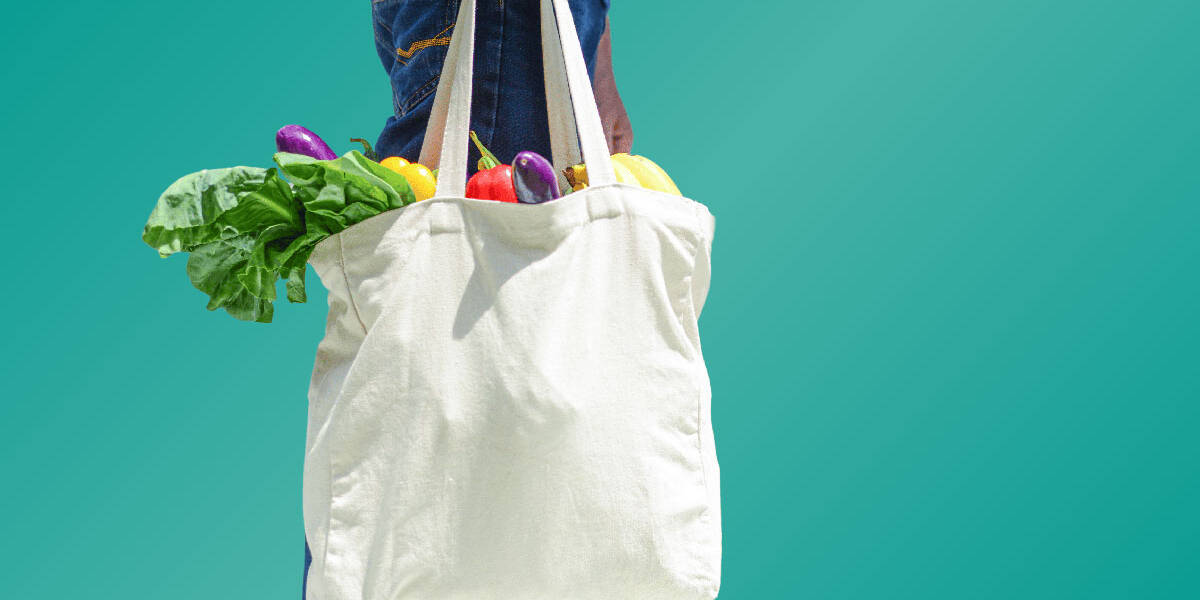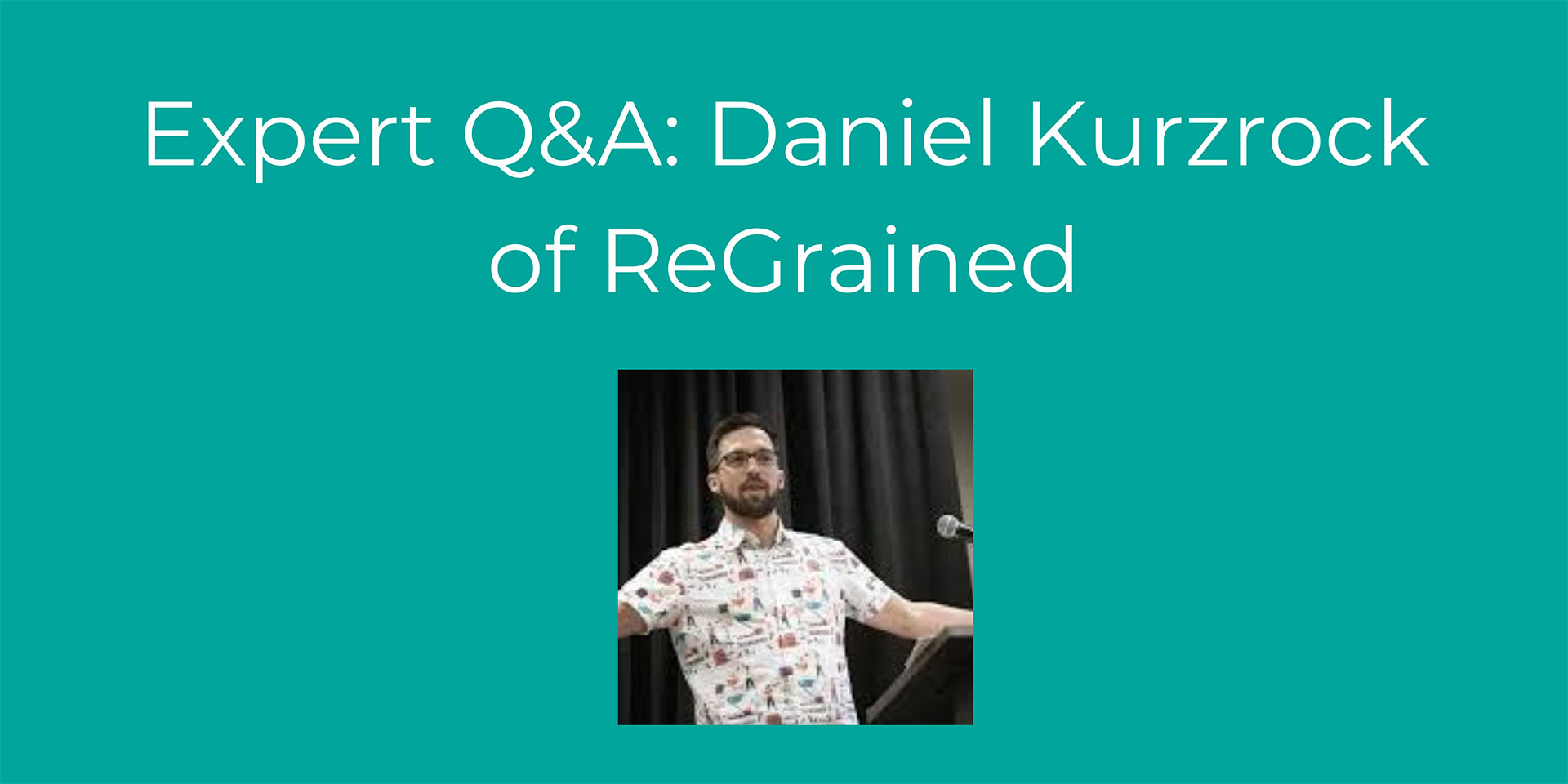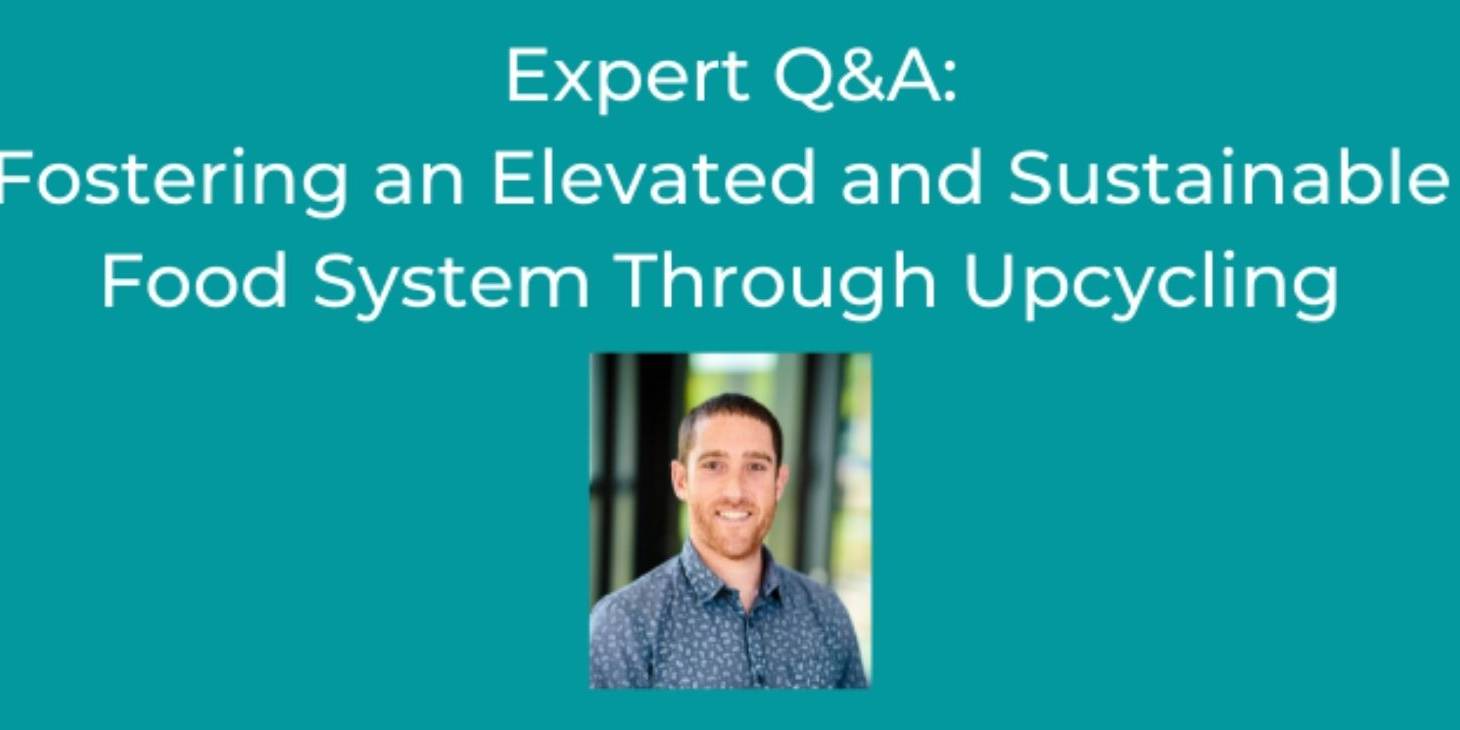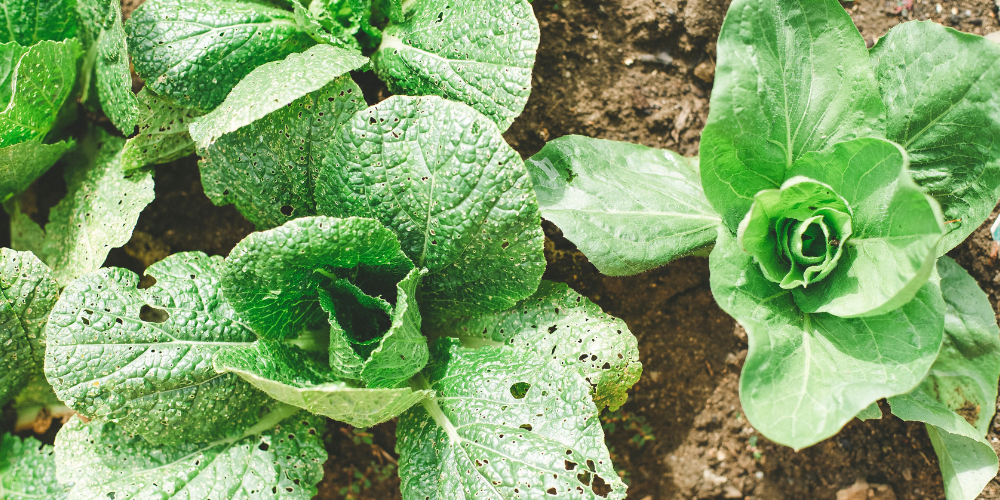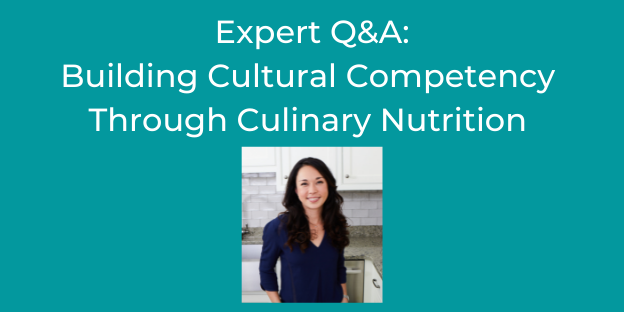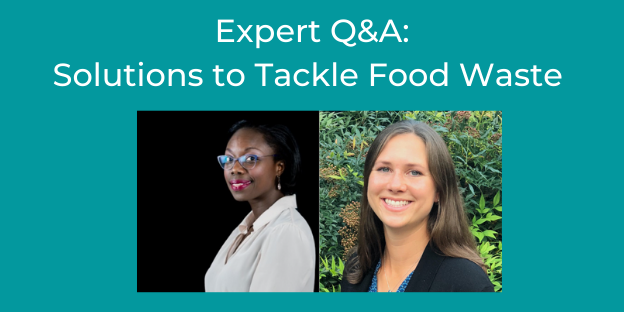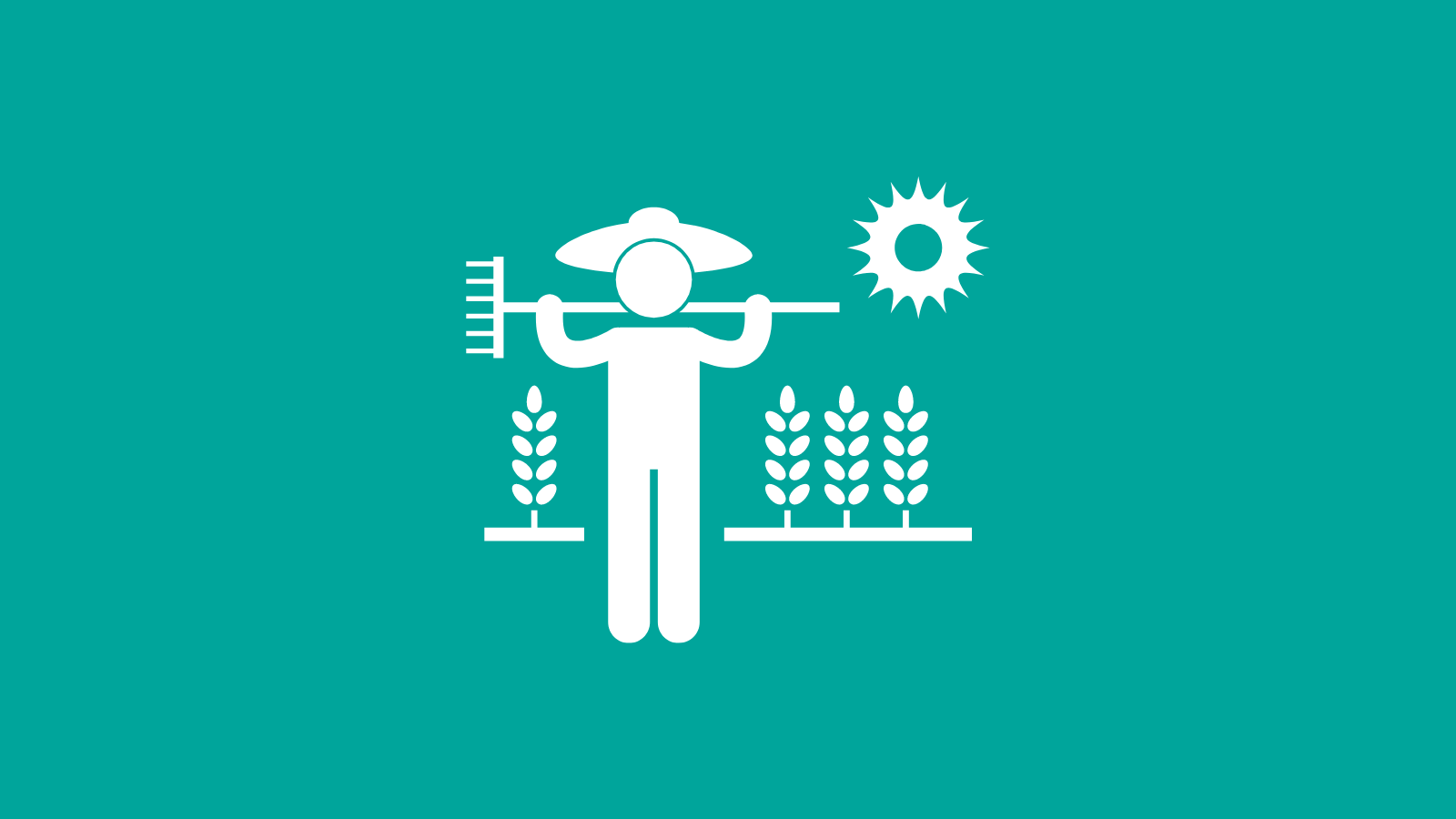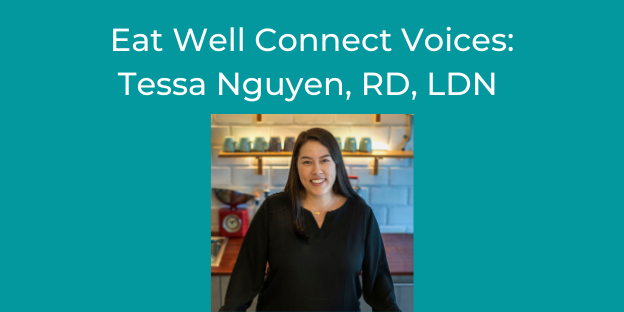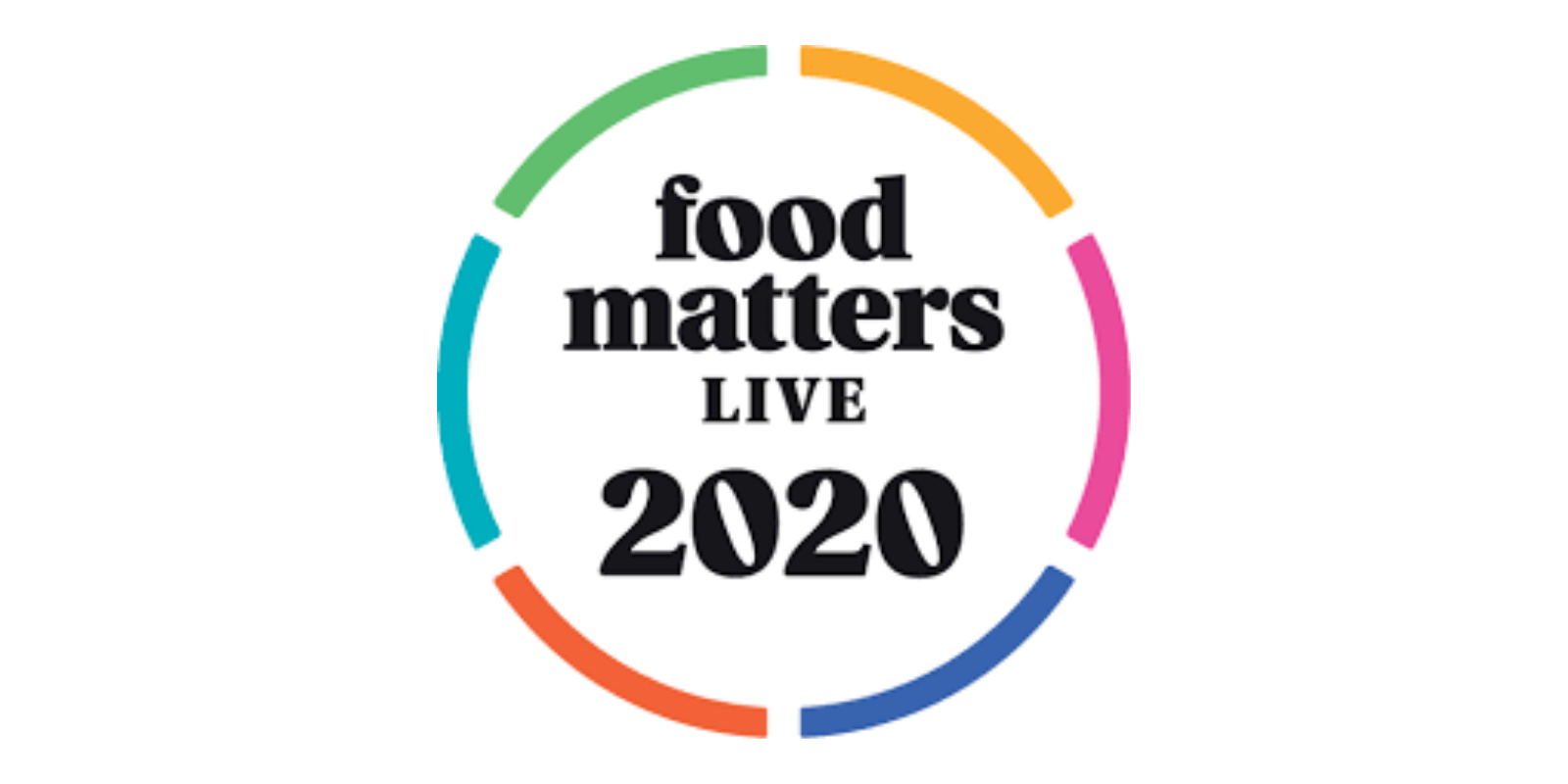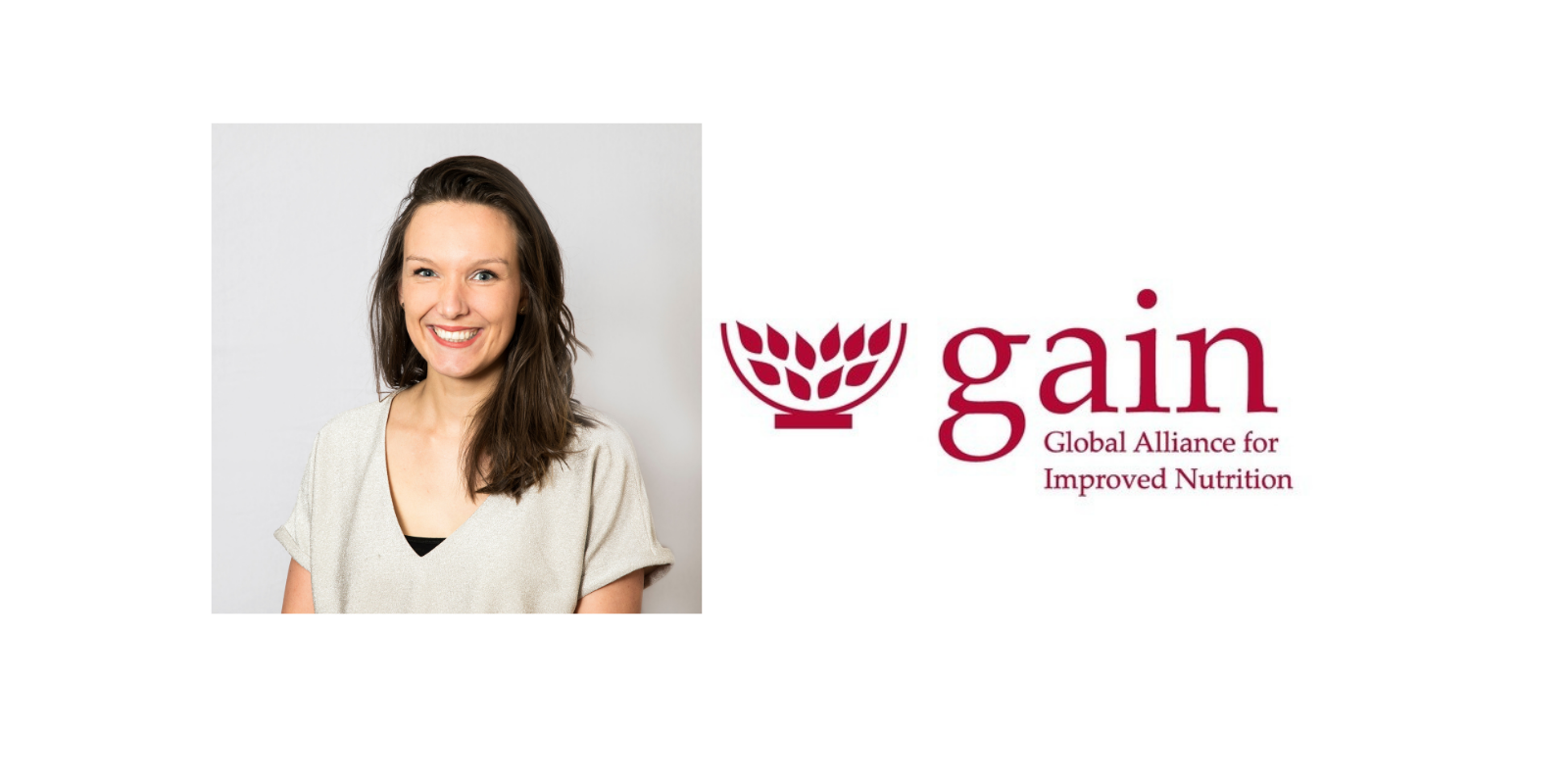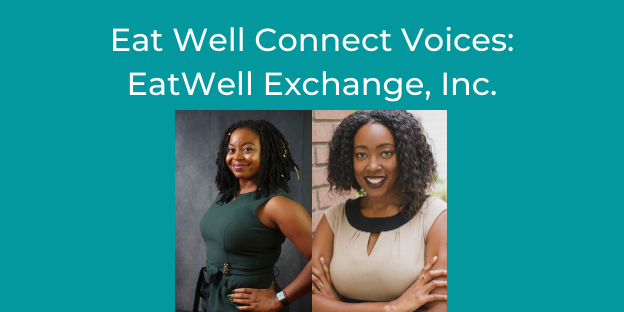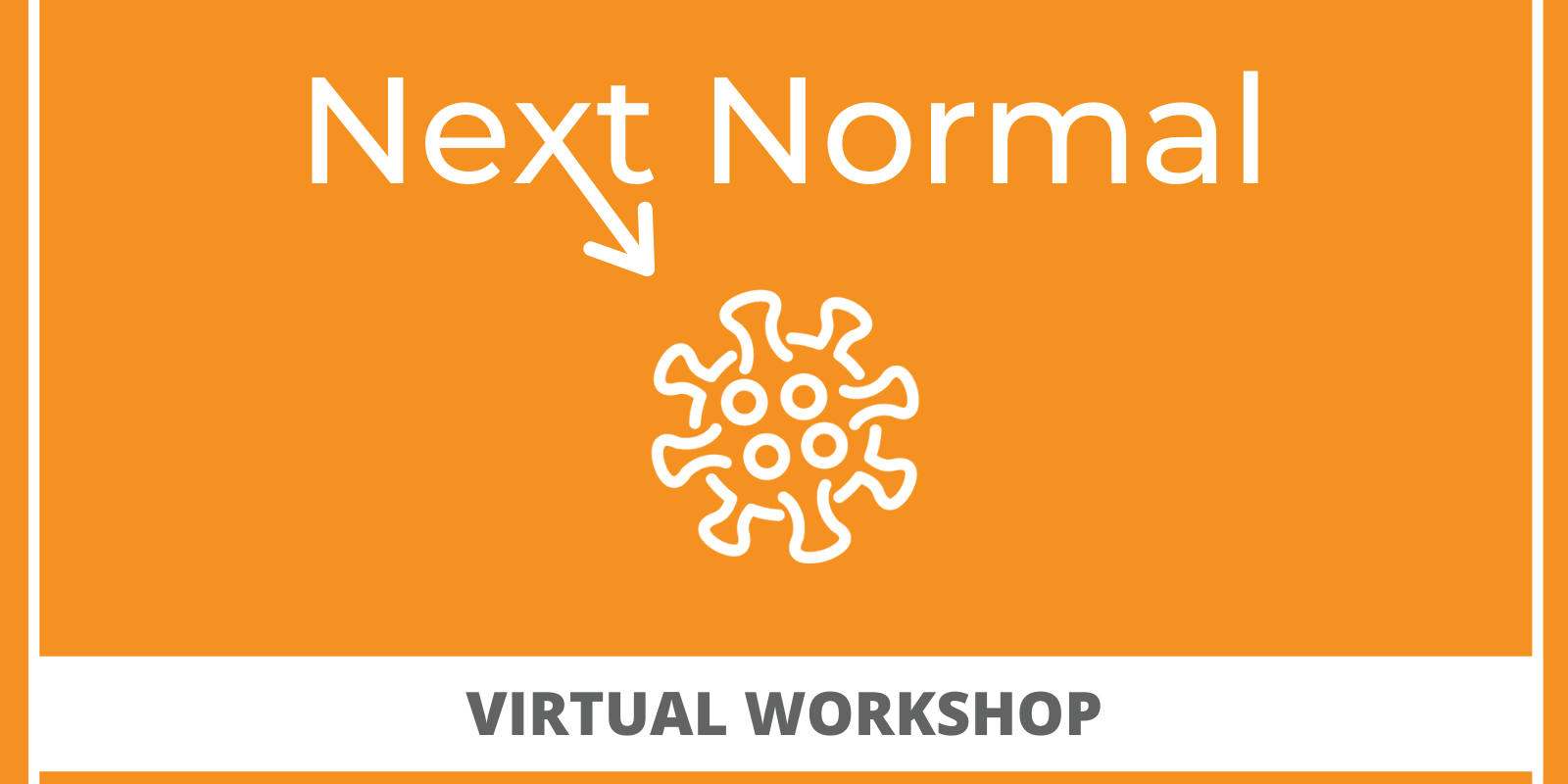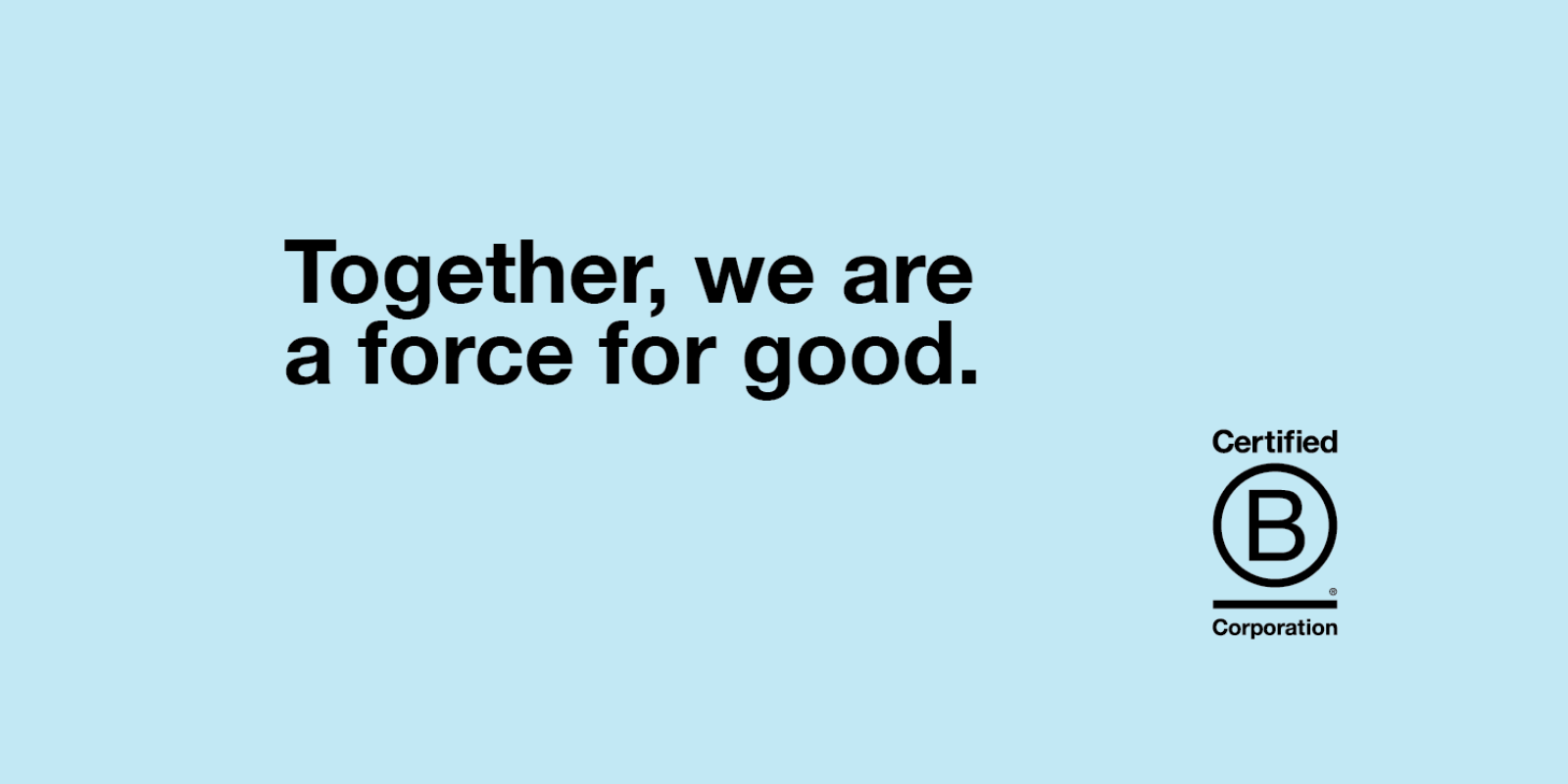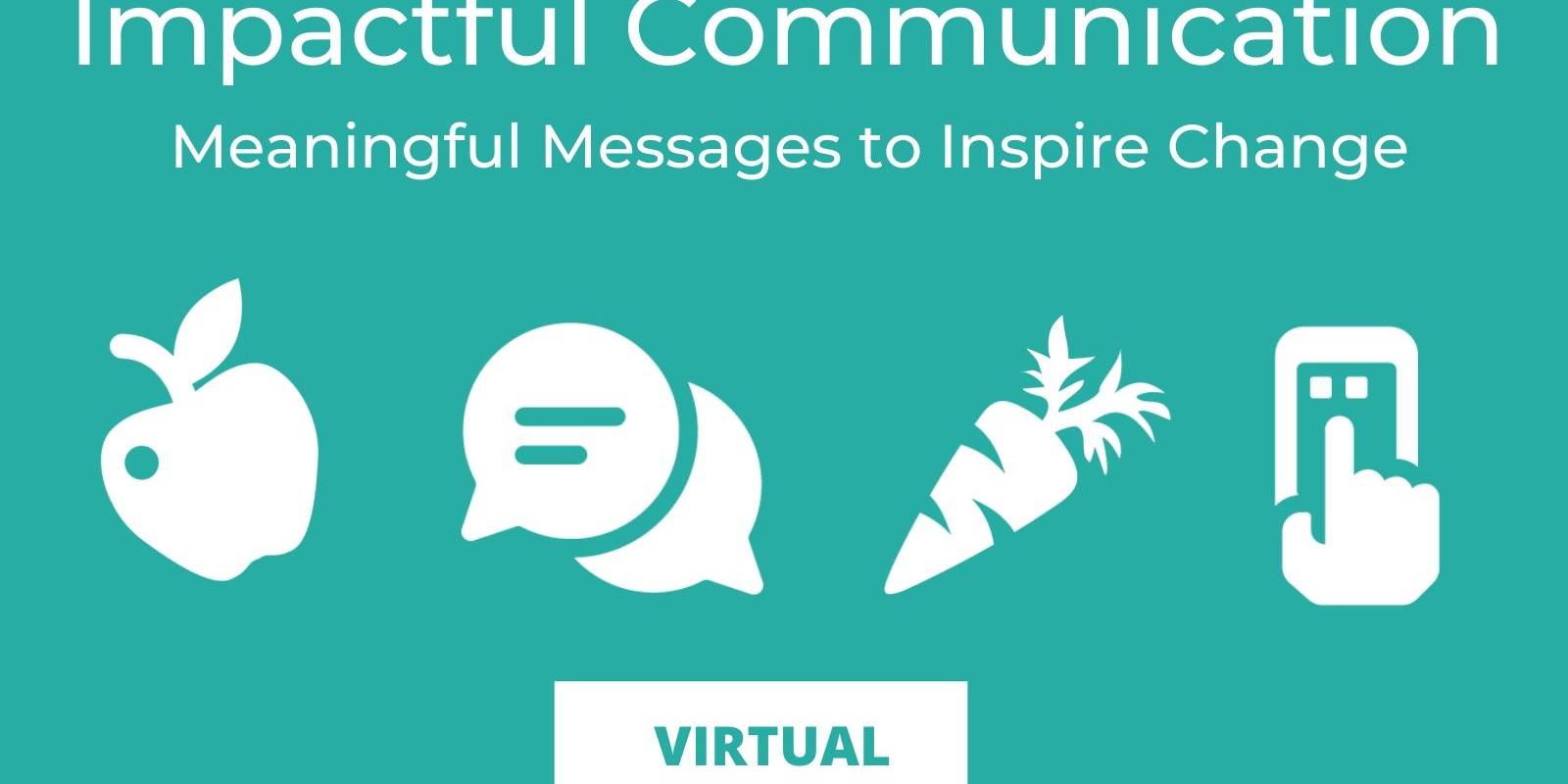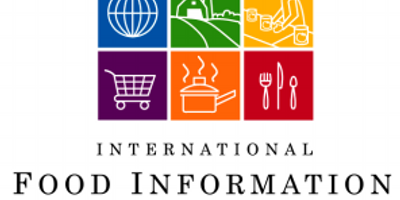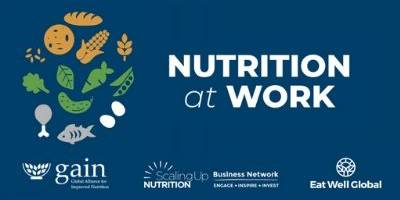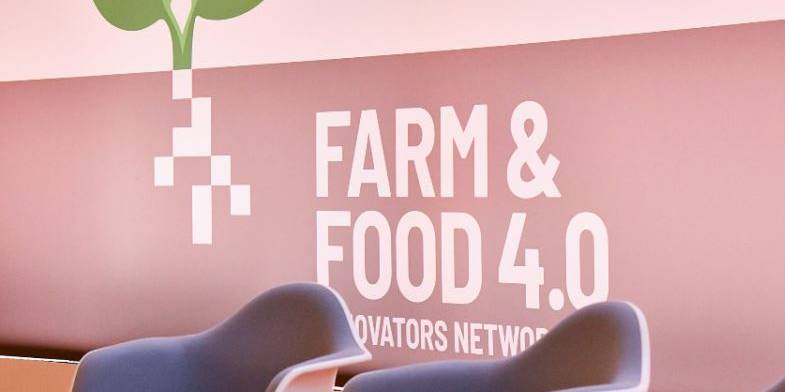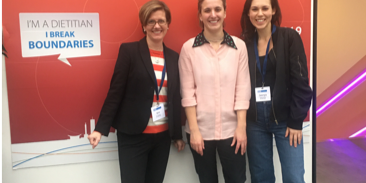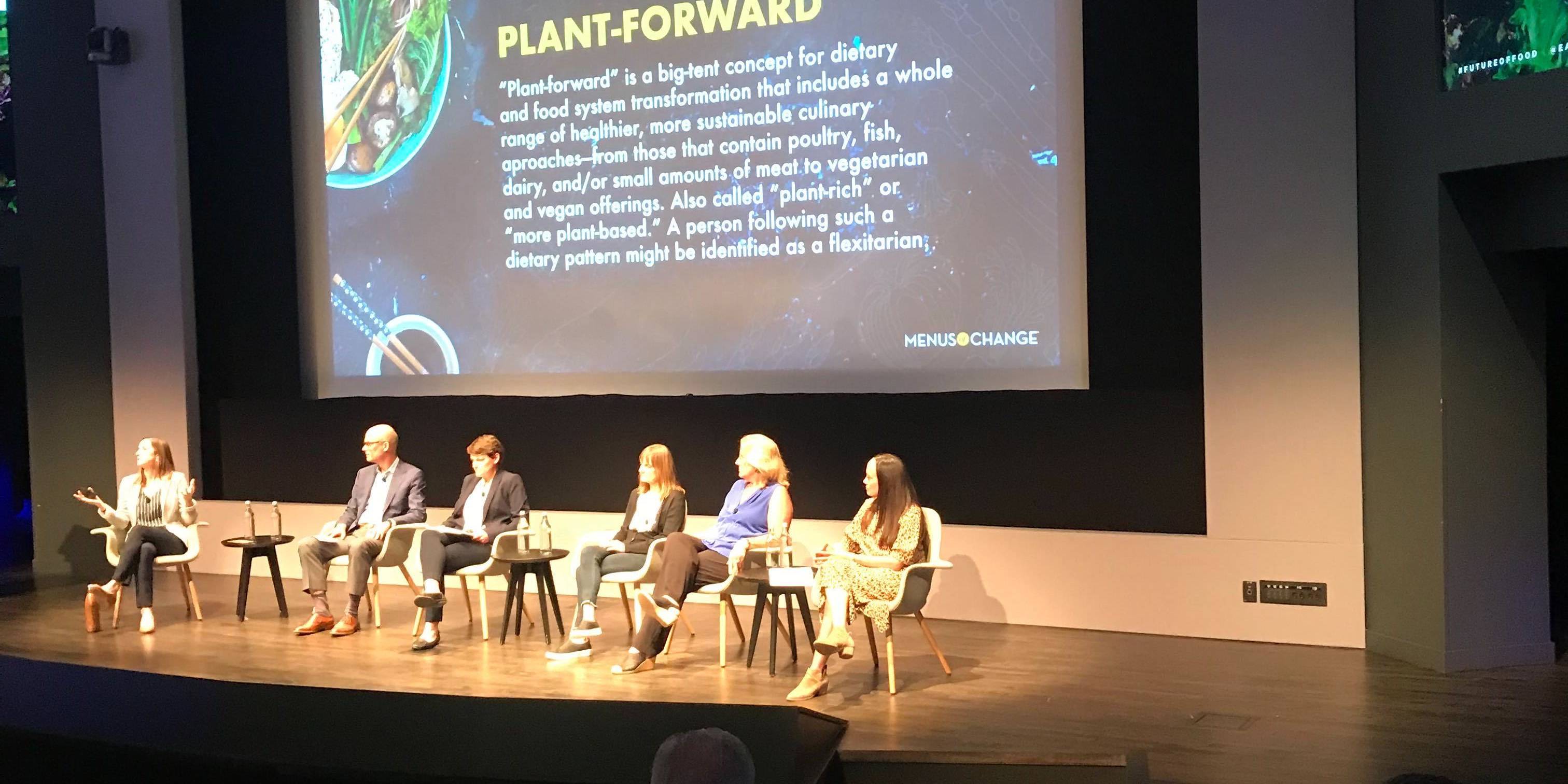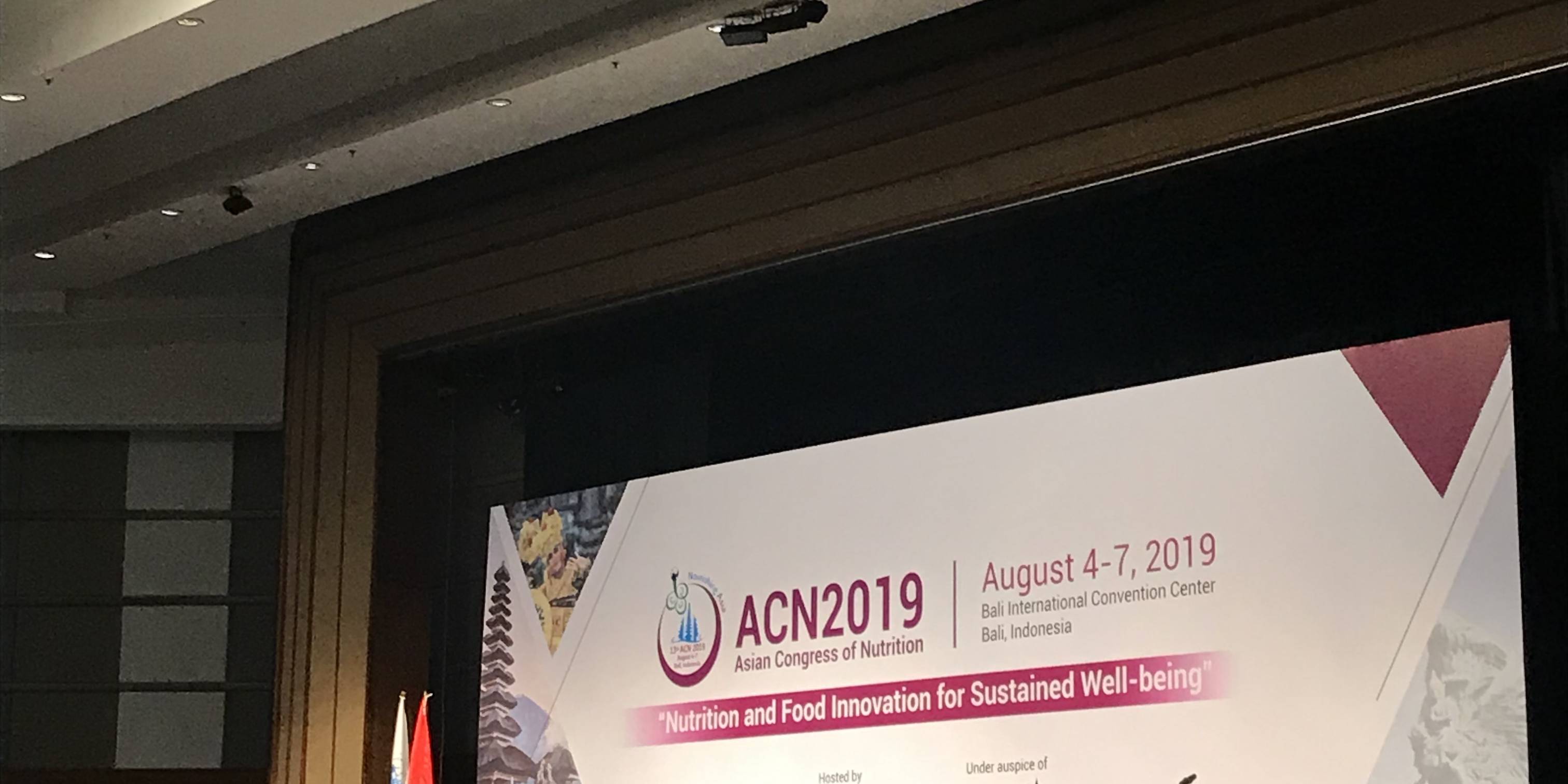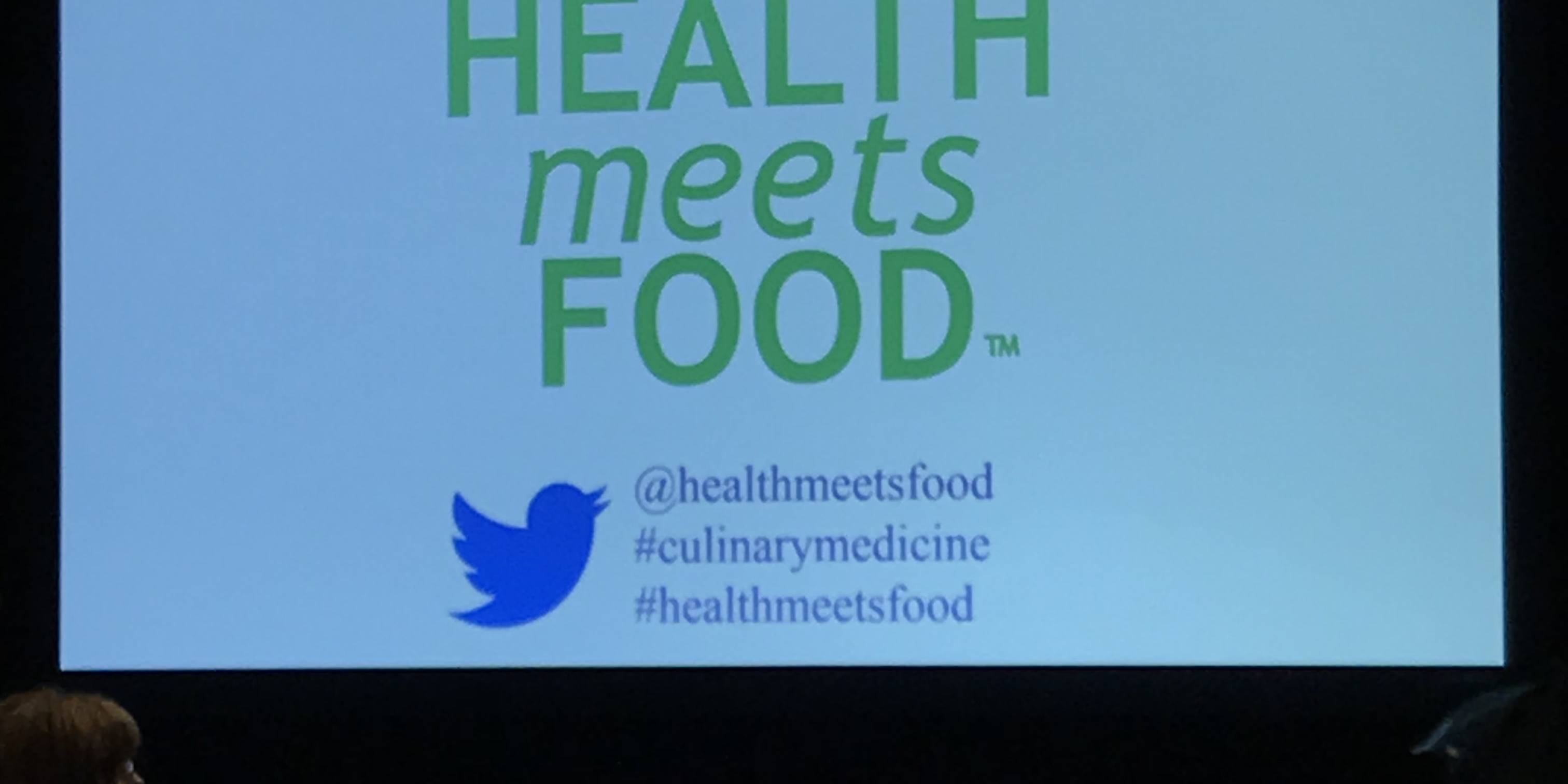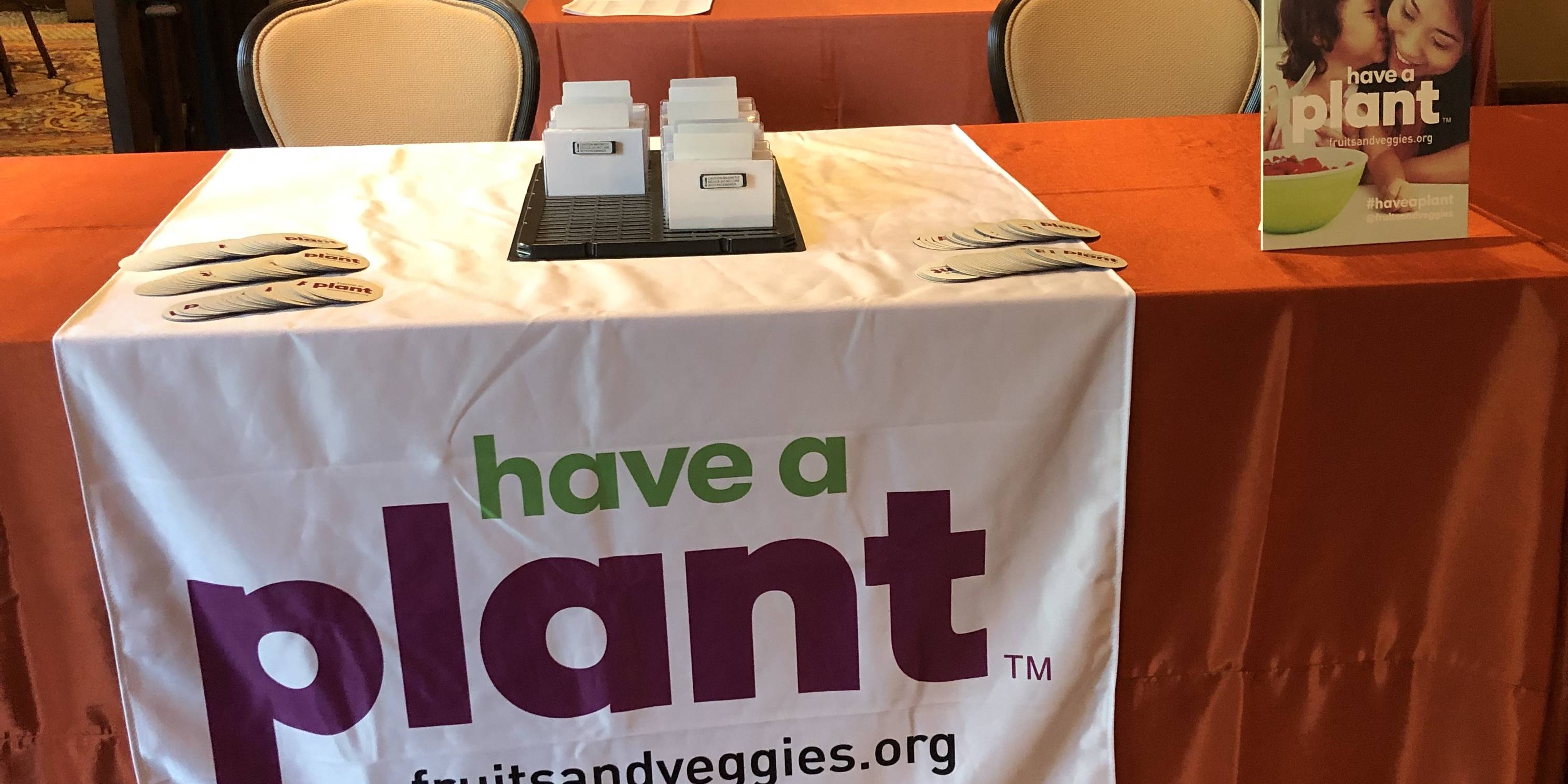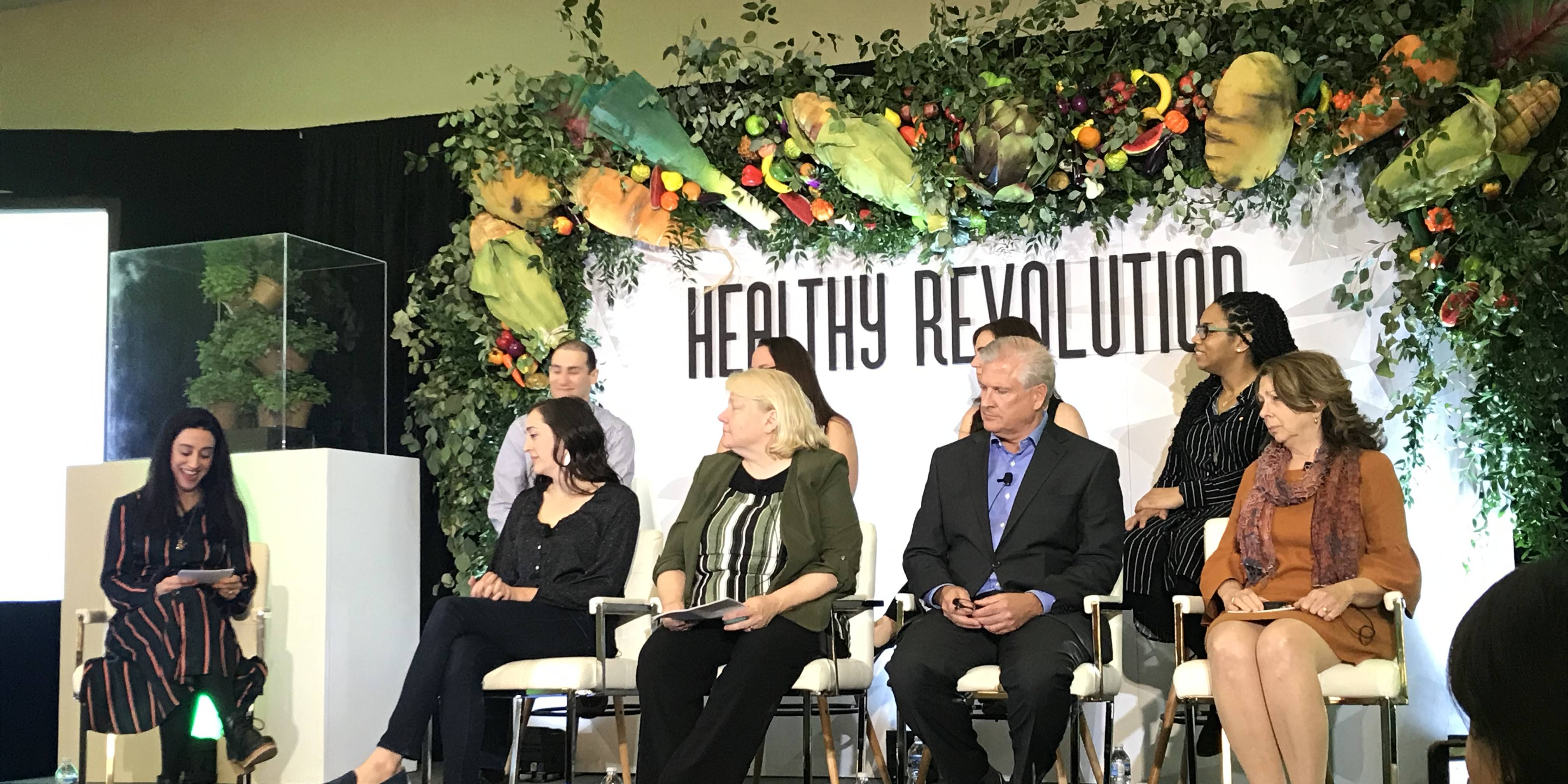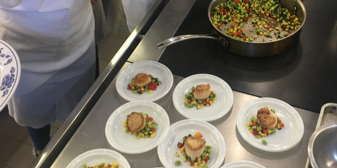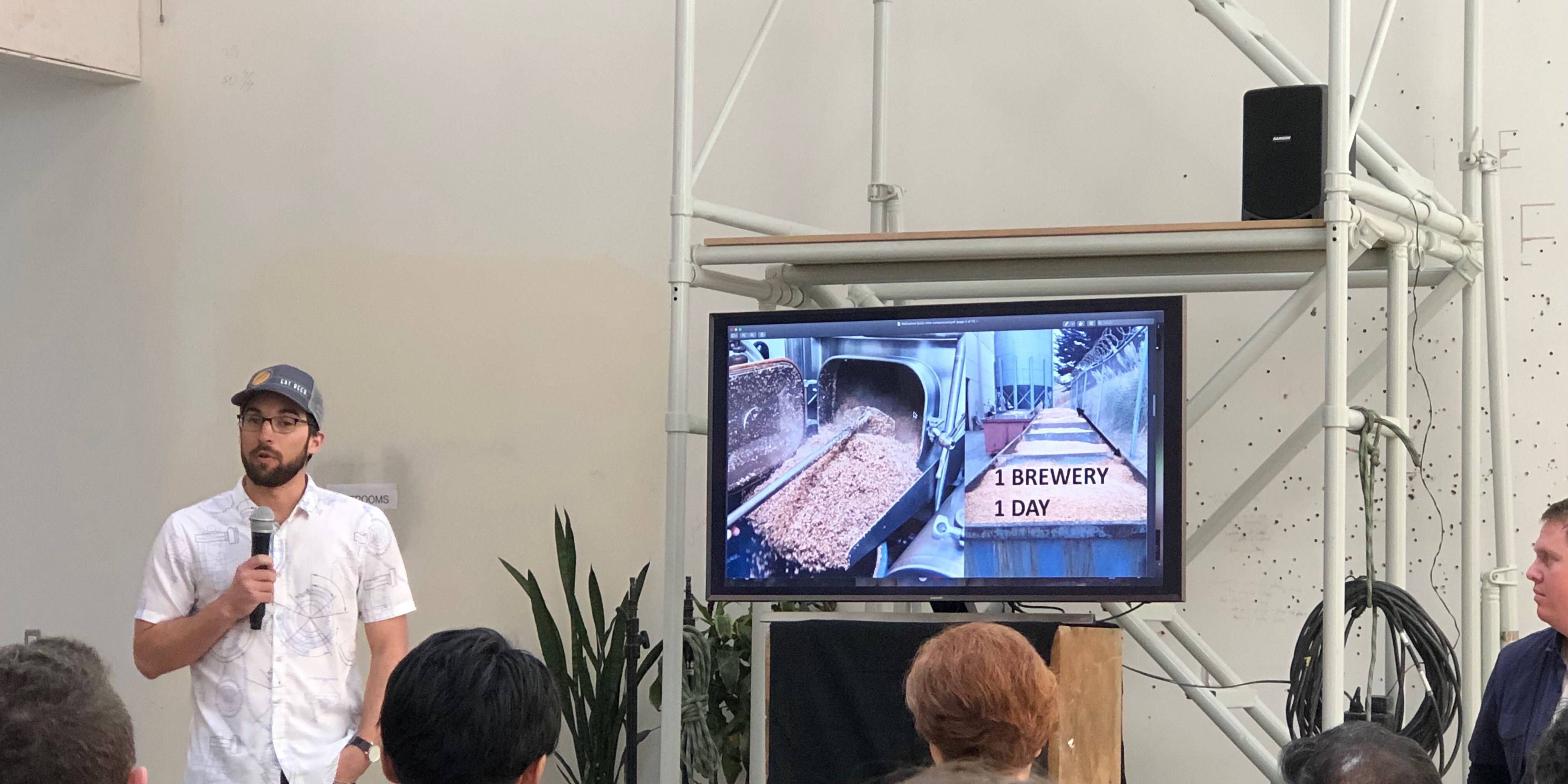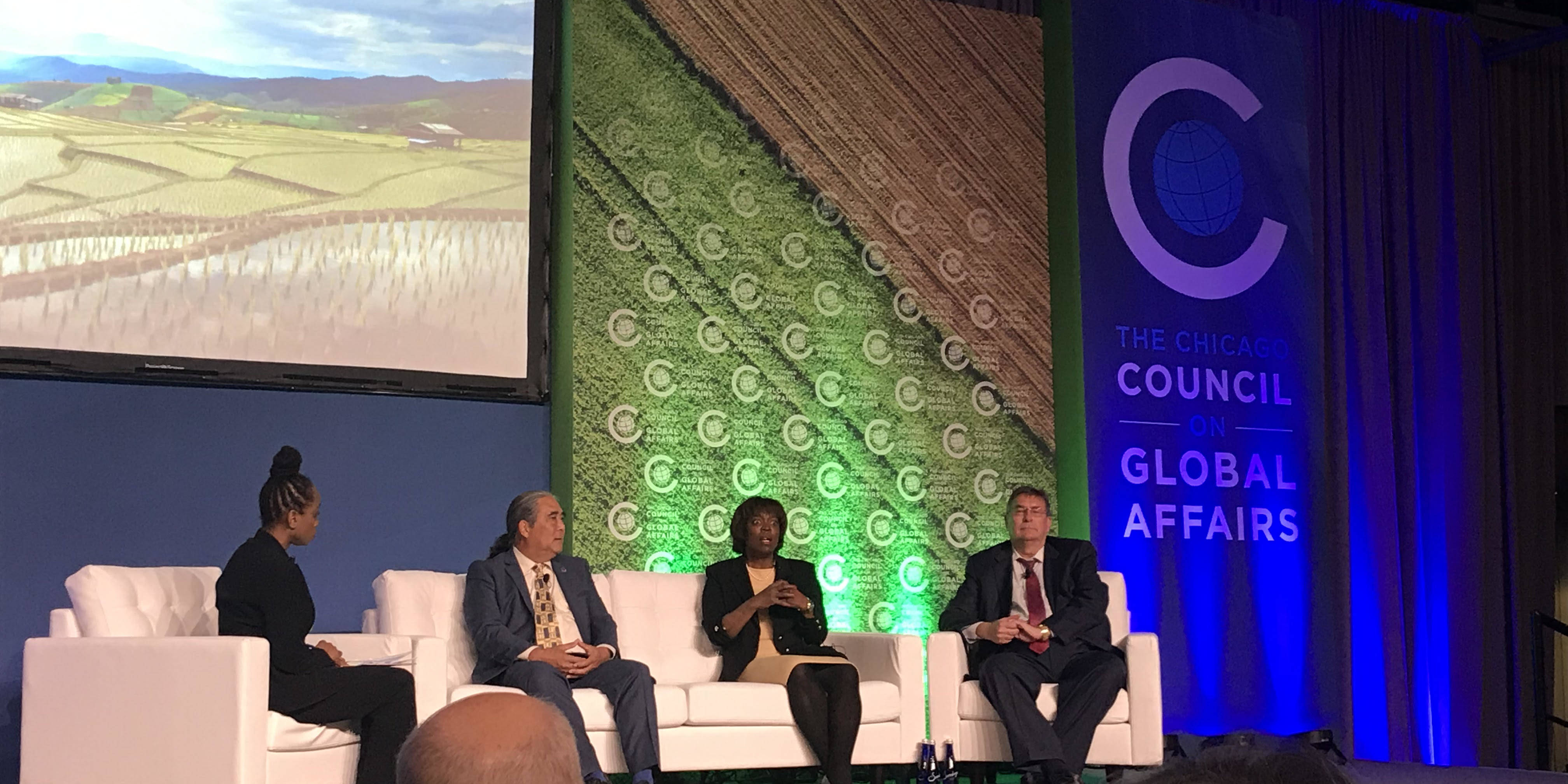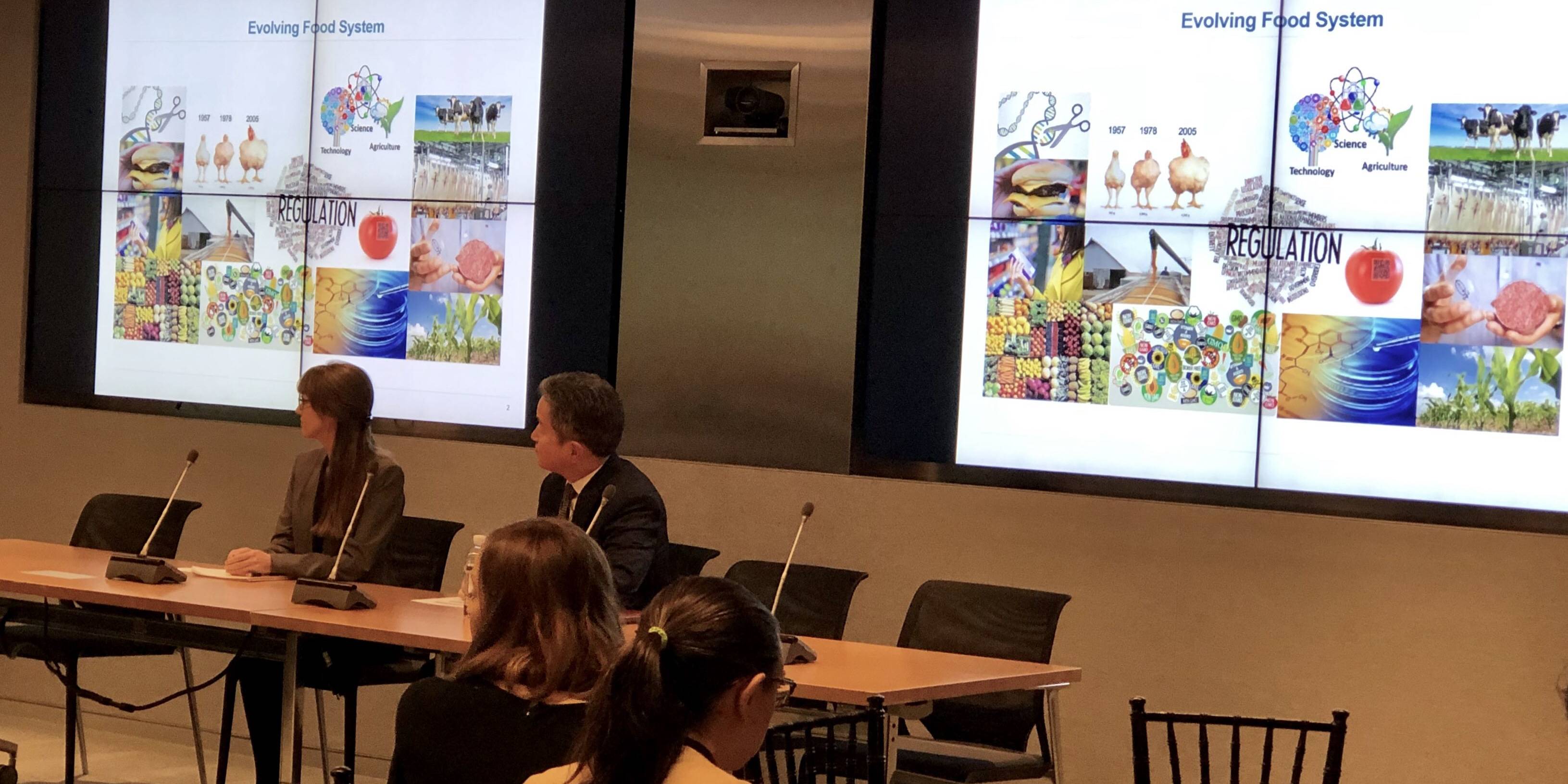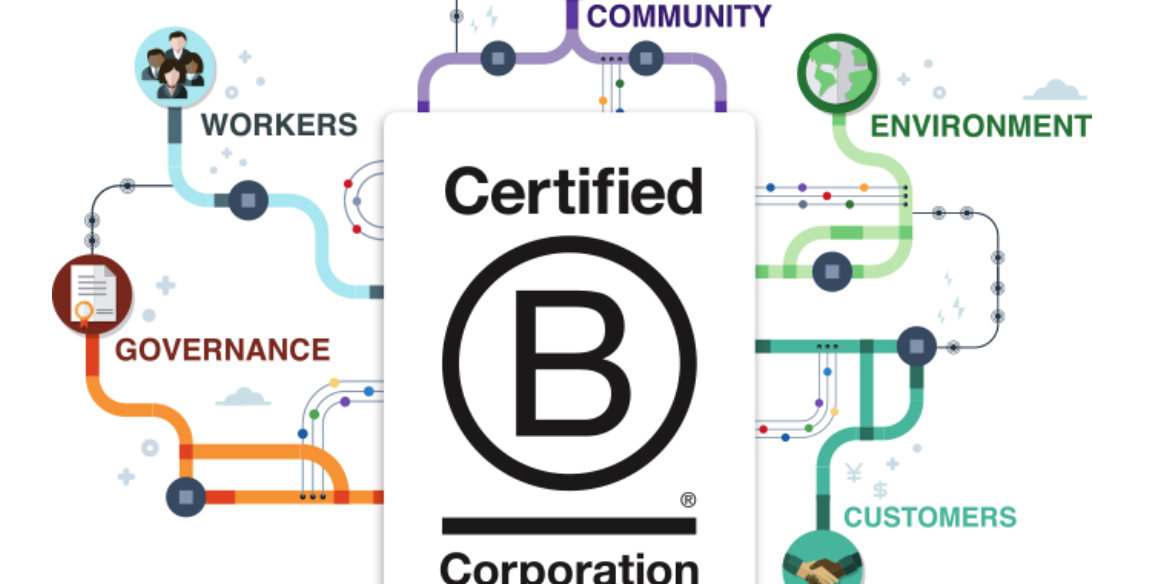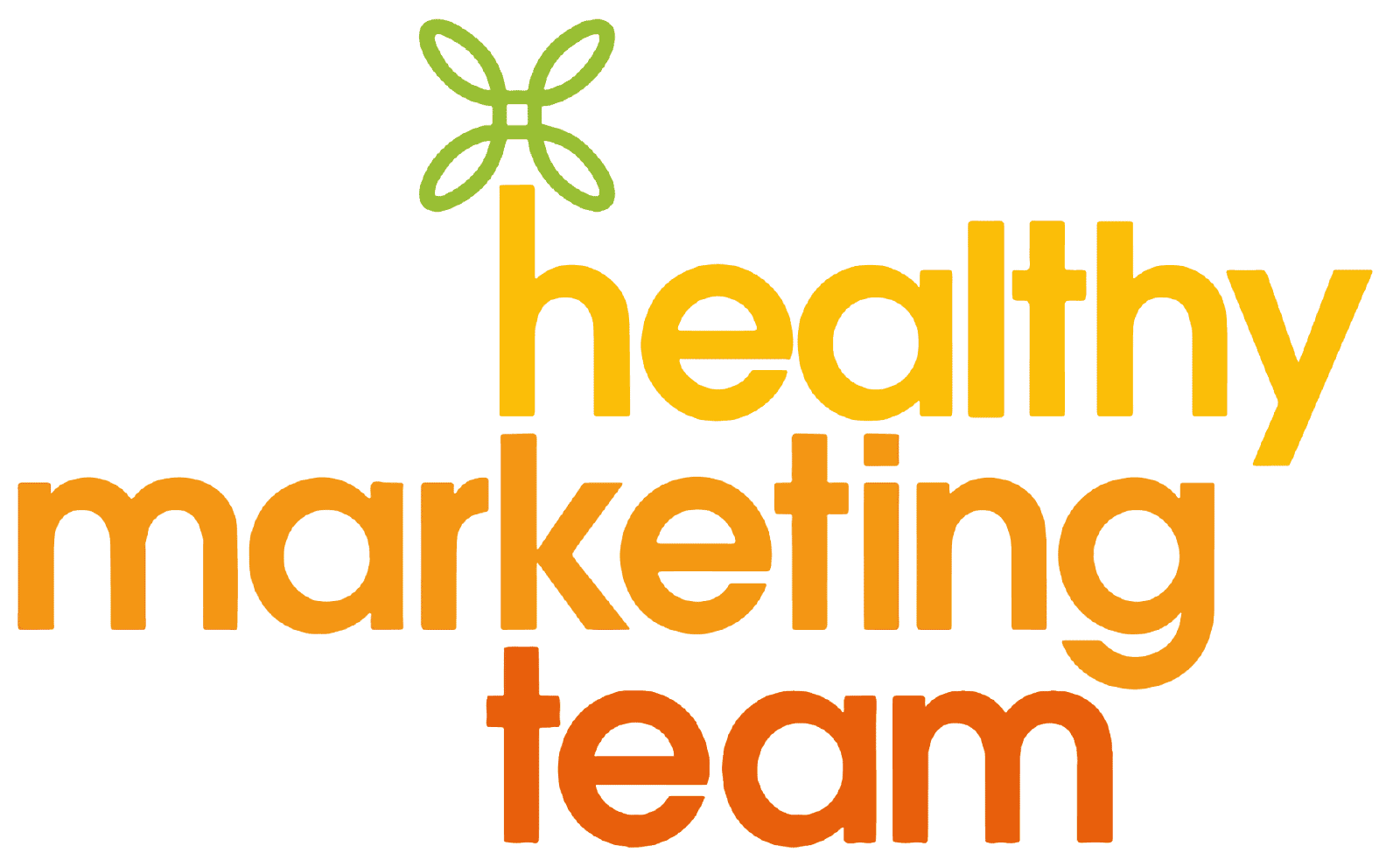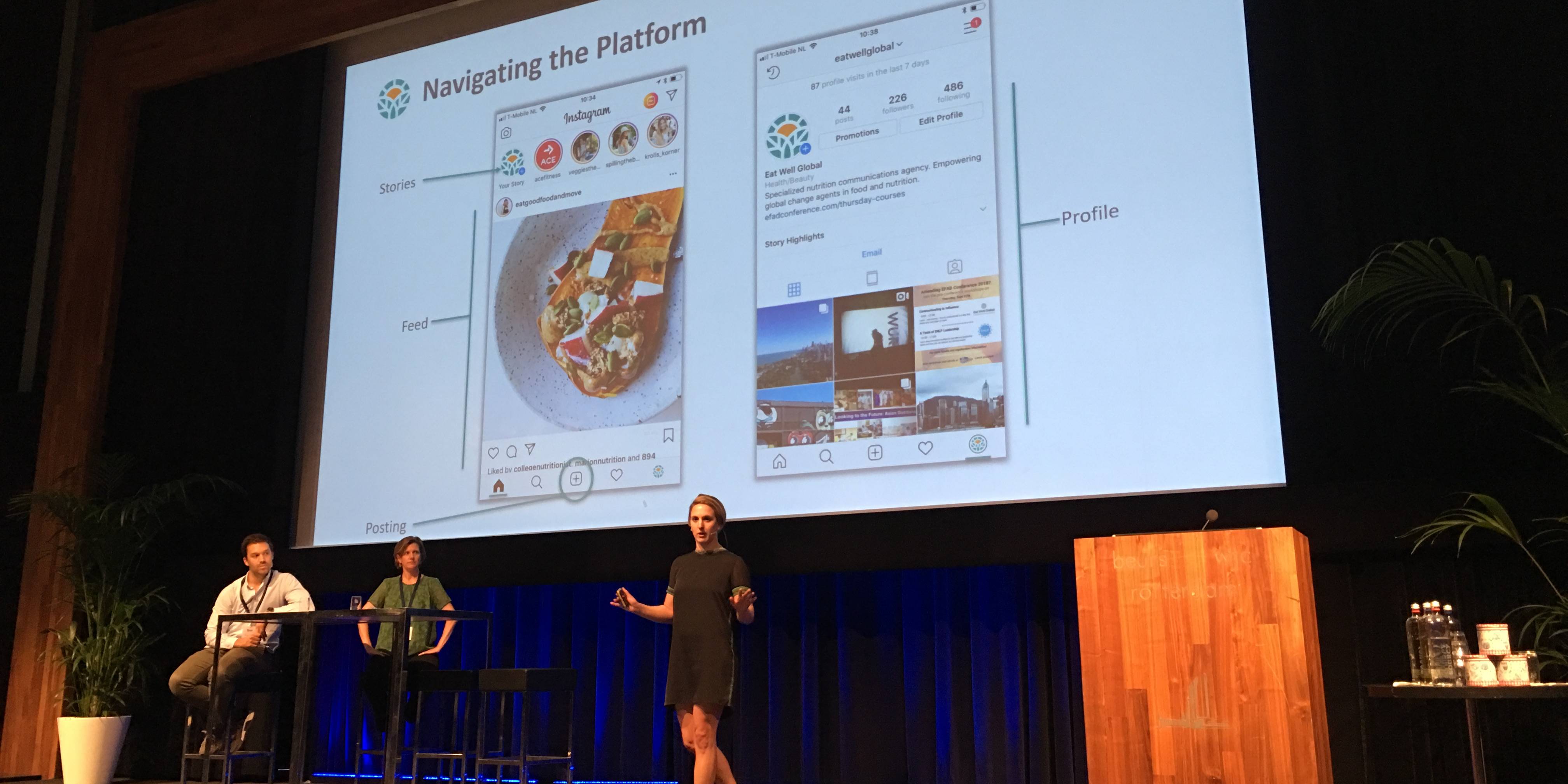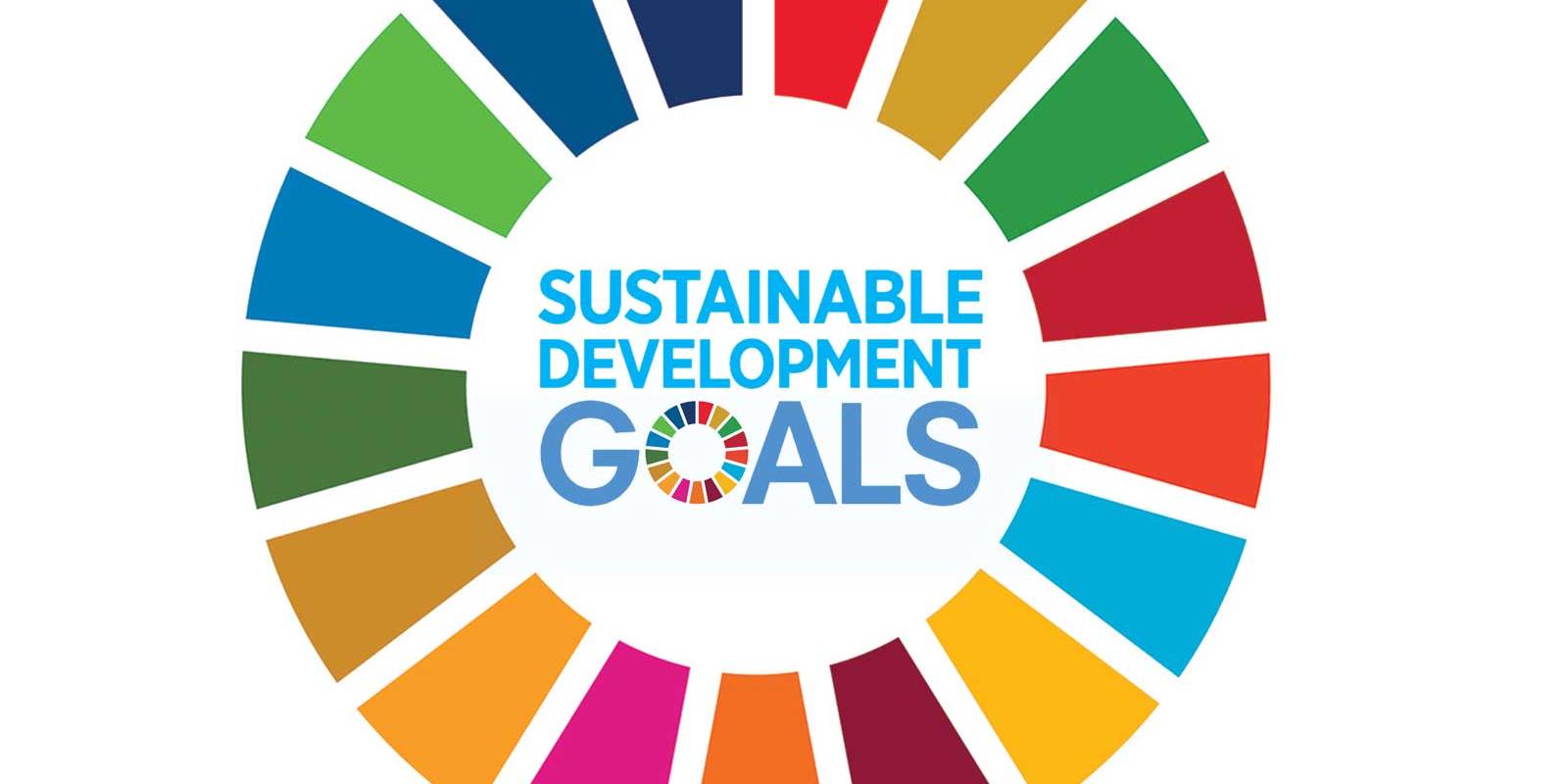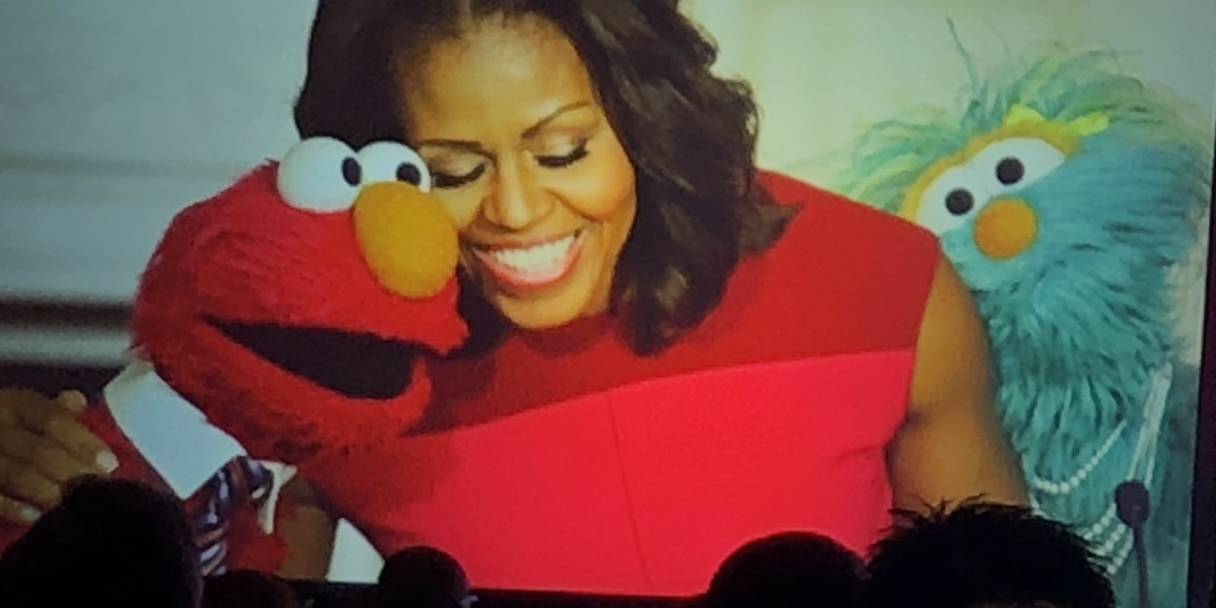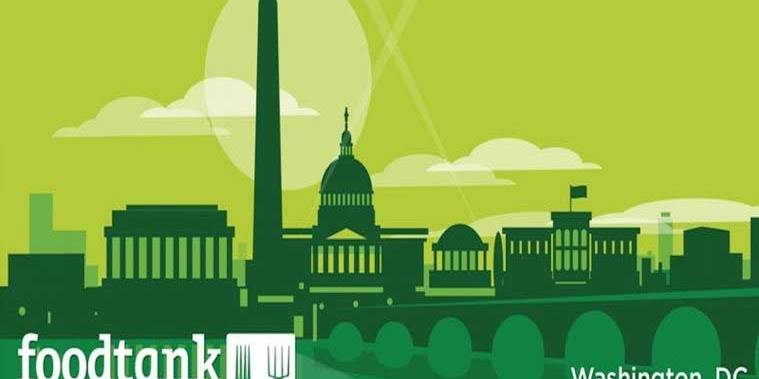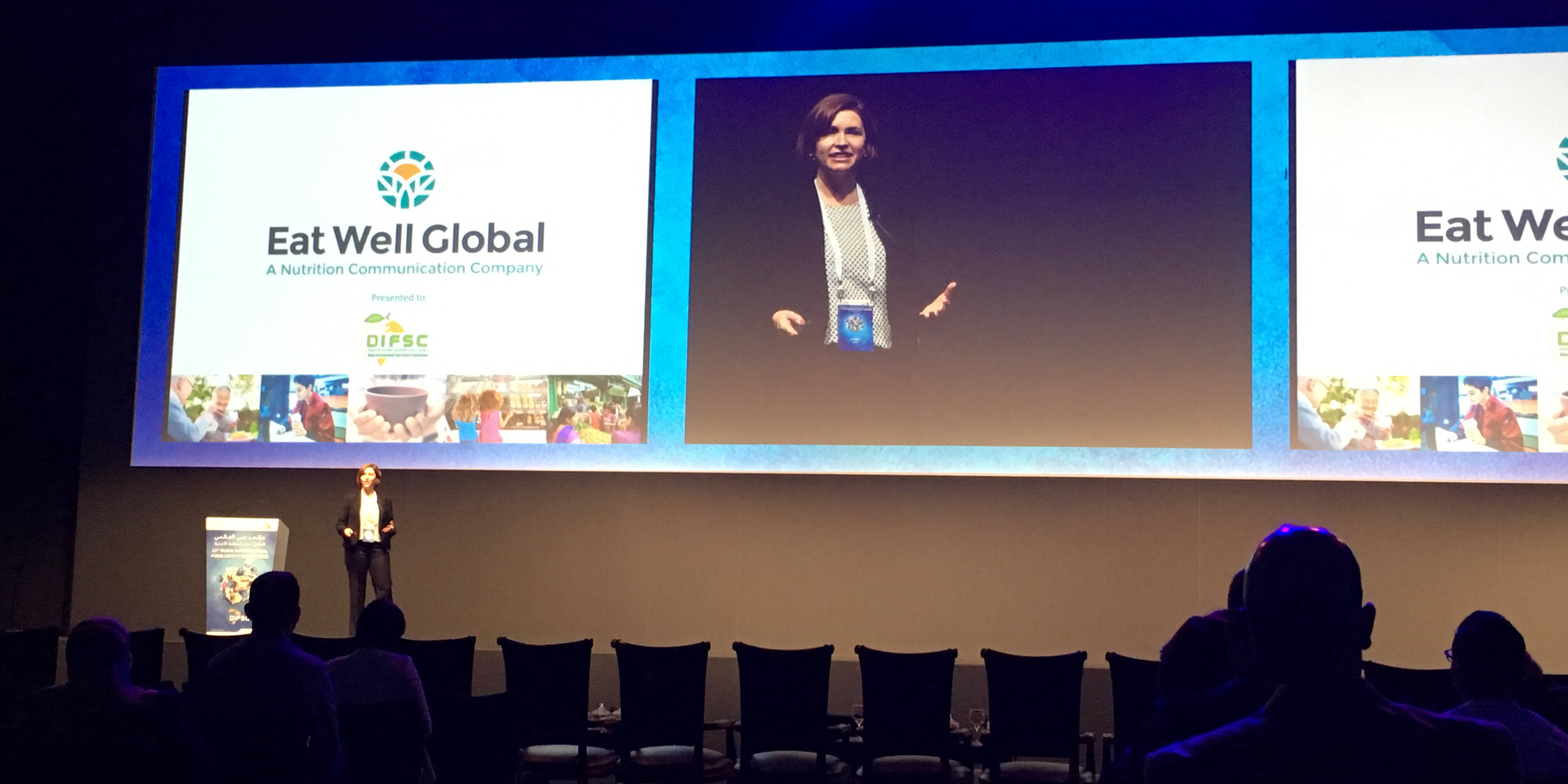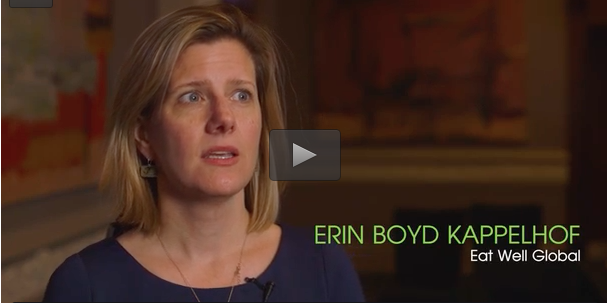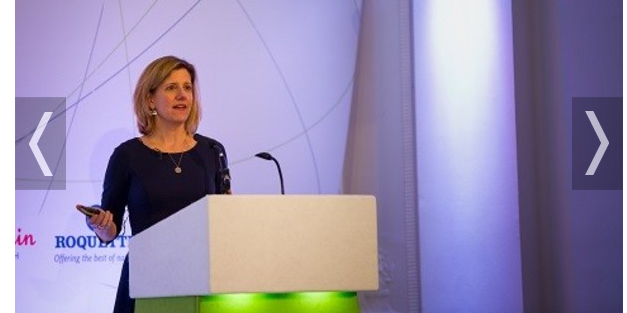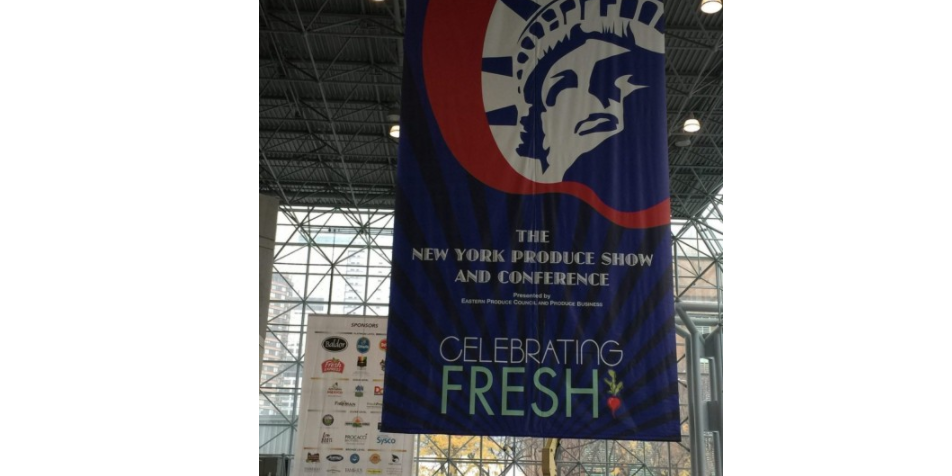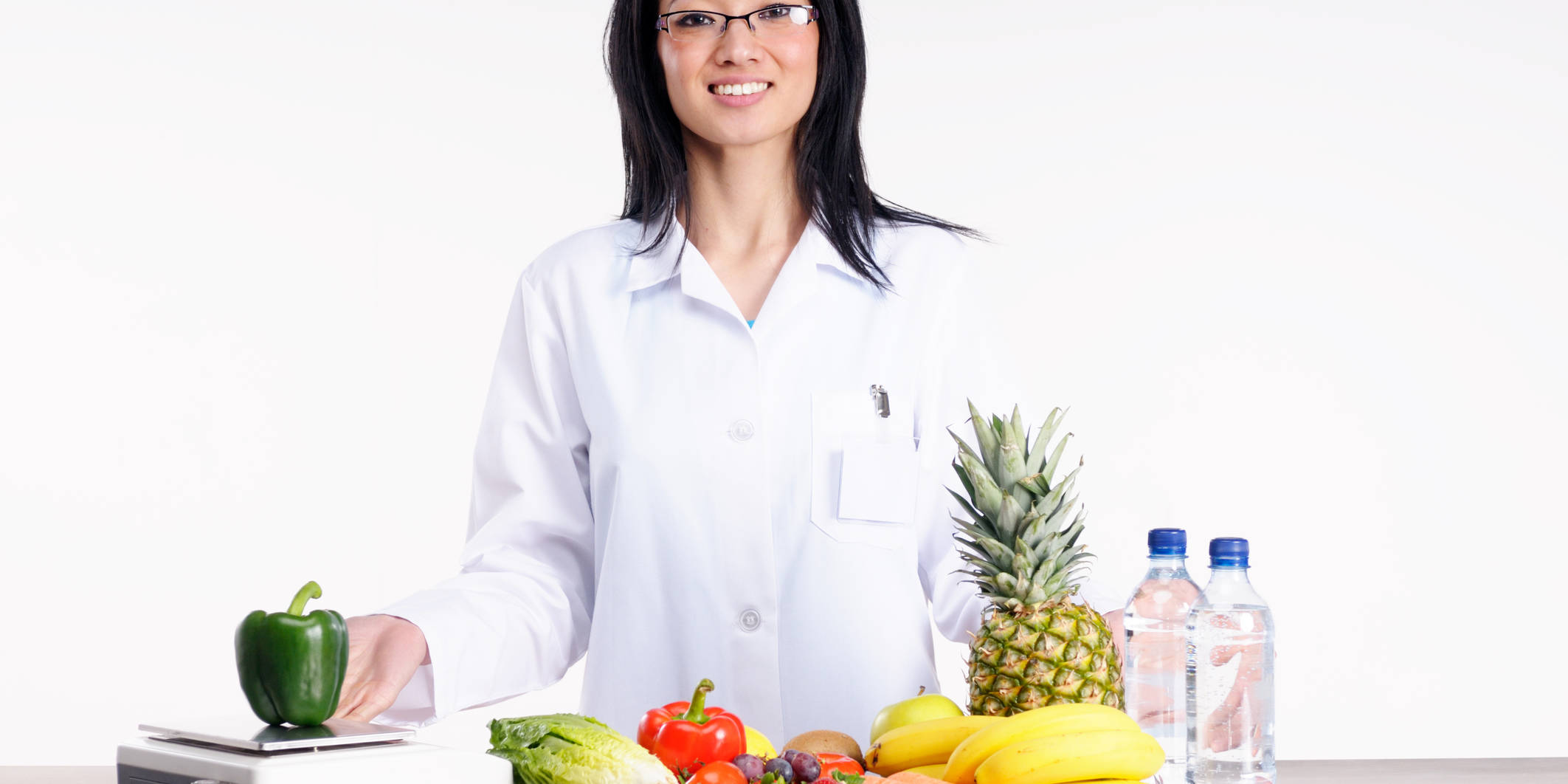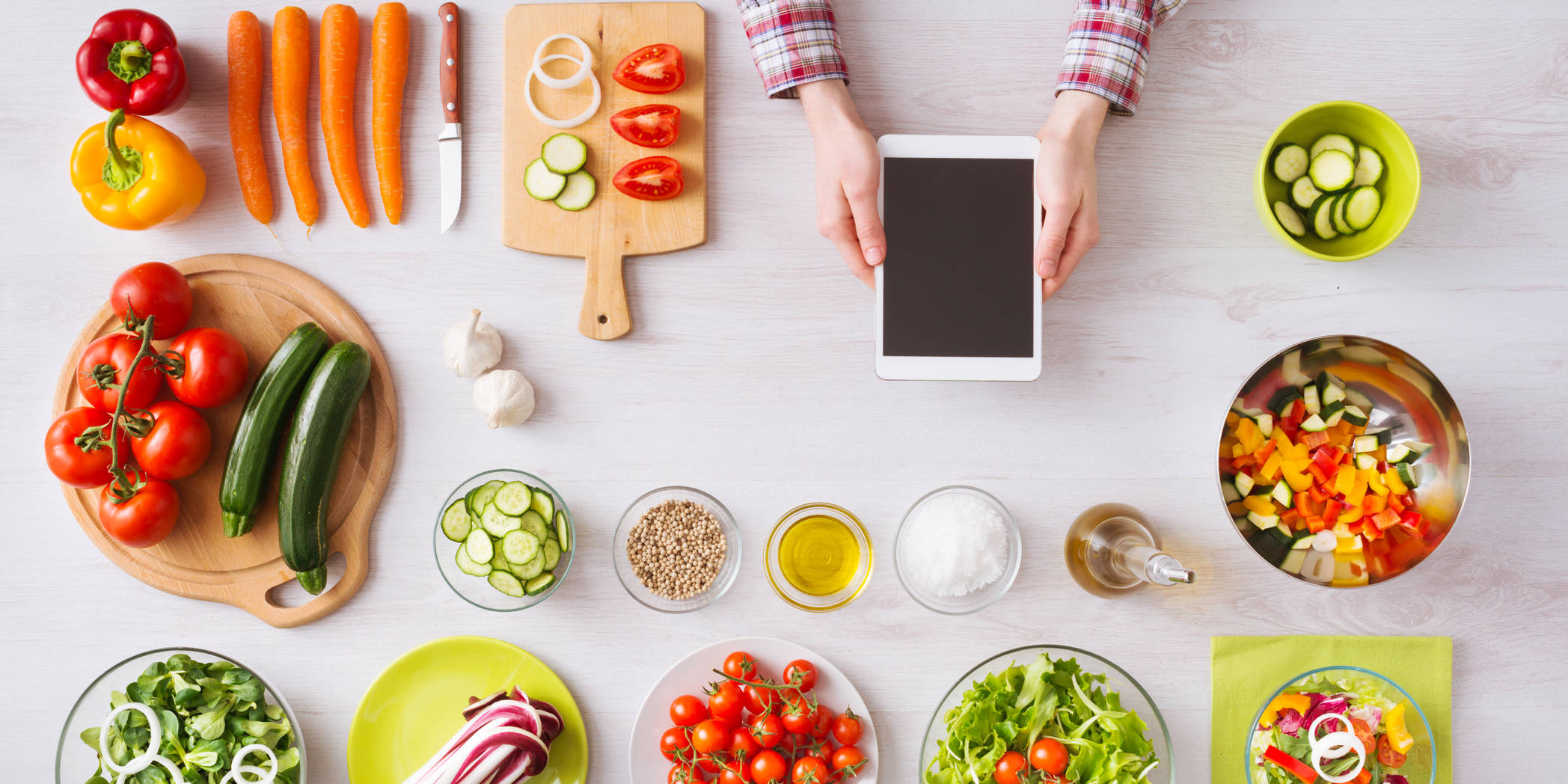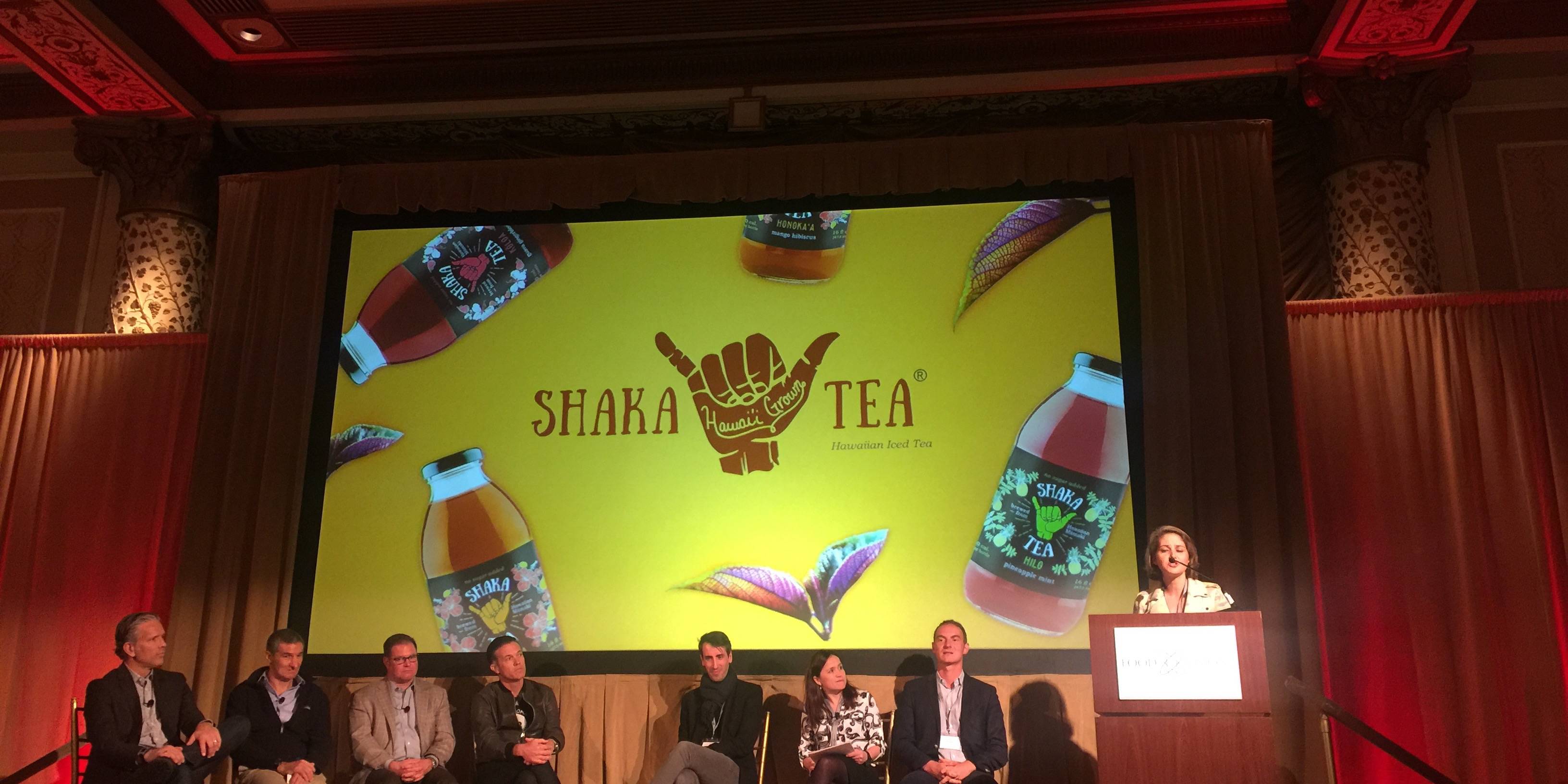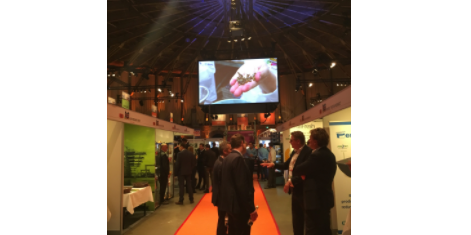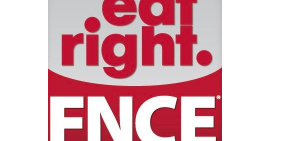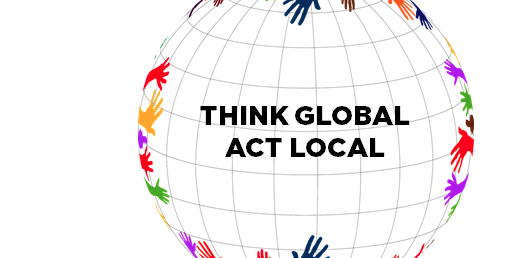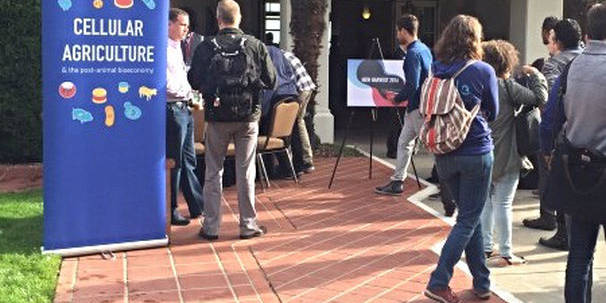We’re thrilled to connect with Eat Well Connect (EWC) member Shahzadi Devje, RD as she shares her thoughts on using nutrition communication as a tool to combat fears associated with COVID-19, realistic approaches to nutrition in this pandemic reality and her perspective on how the virus has adversely affected minority populations in Canada.
And next month, Shahzadi will be participating in EWC’s Inaugural Fireside Chat event. If you’re an EWC member, stay tuned for more information on how you can attend in the coming weeks. And if you’re not yet a member, we’d love to invite you to join our global health professional network!
Given the fear around COVID-19, how can nutrition professionals contribute to evidence-based communication and combat fear-mongering?
In parallel with the fear of the virus, I think we are also battling the virus of fear due to the excessive amount of varying information coming our way. I believe, as nutrition professionals, we can contribute to evidence-based communication and combat fear-mongering with gentleness and sensitivity. Many people are already in a state of panic and heightened anxiety during these unprecedented times.
As experts in this field, we must be extra vigilant in packaging our messages to avoid adding fuel to the fire. The community is vulnerable, confused and on edge, and we must be mindful of the terminology we use and our approach. Let’s not forget that COVID has caused disruptions in many facets of people’s lives. This includes struggles with mental health, issues relating to food access and availability and employment tensions, to name a few. It is not enough to simply offer blanket statements like, “Eat a healthy balanced diet.” Let’s go further and show people how they can do this in the current climate – staying mindful not to further alienate vulnerable groups and ethnic minorities.
As trusted experts in nutrition, we should lead the way with evidence-based communication to help filter out fake news – especially in such times of crisis. Let’s seek out opportunities to share our knowledge and spread credible information. Let’s use our platforms and networks to empower communities to take care of their health with confidence.
It goes without saying that we must also take the time to fact-check critically and responsibly to incorporate the best available evidence in our communication.
Since the pandemic began in March, we have begun to learn how this virus is disproportionately affecting certain groups. Have different racial and ethnic populations been disproportionately affected by COVID-19 in Canada? If so, how?
Indeed, COVID has hit racialized and ethnic minority groups particularly hard. People may be surprised to know that four million Canadians suffer from food insecurity. And a disproportionate number of Black and ethnic minority groups are food insecure – generally due to income inequality. On the Desi~licious RD blog, we recently tackled race discrimination in Nutrition and discussed how ethnic minorities across Canada lack many standard quality of life measures: financial resources, adequate living space, sense of independence, health, education and support. These social determinants of health are frequently the source of health inequalities that negatively affect health outcomes. Sadly, race has a lot to do with it.
As food and nutrition professionals, we know that there is no superfood that can help cure or prevent COVID-19. What is a realistic and accessible approach to nutrition that you would recommend during this time?
Manage your mental health and do what you can to help yourself and your family. Consider meal planning as a tool to consistently eat healthily, save time, money and reduce stress. Not to mention, decrease food waste too!
Let’s also remember to be extra kind to ourselves and lose judgemental labels around food and food choices. There seems to be considerable shame and guilt around emotional eating at this time. Remember, this is a natural human response – to seek comfort in times of angst and overwhelm. So, if you find yourself diving into a bag of chips once-in-a-while — cut yourself some slack! Emotional eating is not likely your habitual pattern. But, when food becomes your only means of coping with daily stressors — this could be a red flag and indicate the need for support.
Shahzadi Devje has earned a reputation as a passionate, dedicated, and devoted healthcare professional and advisor – with expertise in delivering nutrition and wellness advice to underserved international communities. By leveraging her experiences as a minority woman, she is able to bring a unique perspective and strives to educate consumers on healthy living best practices.
Shahzadi launched Desi~licious RD Inc in 2009. She utilizes her platform to share simple strategies for healthy living with consumers, local community members, government, not for profit and corporate organizations, drawing upon credible, science-backed strategies to demonstrate how to eat for health and nourish mindfully. While growing her brand, Shahzadi was also an active community volunteer. She was invited to hold the volunteer Chairperson and Editor position with The Ismaili Nutrition Centre (TINC). From 2016 – 2019, she led the strategic vision of the international, volunteer-driven civil society, which strives to reduce the burden of non-communicable diseases across 25 countries through better nutrition and an active lifestyle. During her tenure, she nurtured ongoing relationships with high-profile stakeholders at the University of Calgary’s Libin Institute, the Department of Health UK, and the Aga Khan Institutions. Shahzadi has exemplary educational qualifications, including a Master of Science in Global Public Health from the London School of Hygiene and Tropical Medicine.
As a food and nutrition leader in national media, she frequently appears on TV, on Canada’s number one lifestyle program: The Marilyn Denis Show and CTV’s Your Morning, along with her international appearance on Discovery Life Channel. Shahzadi is also a regular subject matter expert for Global News and other national and international media outlets. Her commentary has been featured on Forbes, AJC, NPR, Huffpost, NBC, and more.
Shahzadi has 11 years of experience working as a brand spokesperson for many health, food and lifestyle brands. Not to mention her high-profile collaborations with government, corporate and not-for-profit organizations.
Related News
June 30, 2025
Health-Conscious Consumer Segmentation Report
Get actionable insights to meaningfully engage today’s diverse health-conscious consumers — and better align your brand’s communication and…
January 25, 2021
Eat Well Connect Voices: Tessa Nguyen
In this latest installment of our Eat Well Connect Voices Q&A, Tessa Nguyen, RD, LDN, of Taste Nutrition Consulting shared her thoughts on what…
November 27, 2020
The Conference Discussing the Future of Food, Drink and Nutrition Goes Virtual
This October, Food Matters Live held its first virtual conference. The conference focused on identifying opportunities in a changing consumer-driven…
November 19, 2020
Partner Highlights: Global Alliance for Improved Nutrition
In the global fight against hunger and malnutrition, few organizations are as impactful as the Global Alliance for Improved Nutrition (GAIN). Since…
November 18, 2020
Eat Well Connect Voices: EatWell Exchange
In this latest Eat Well Connect Voices Q&A, Ashley Carter, RD, LDN and Jasmine Westbrooks, MS, RD, LDN of EatWell Exchange Inc. share their…
October 12, 2020
Next Normal: Optimal Nutrition for a Pandemic Reality
The COVID-19 pandemic has had a profound impact on us all, and the food, nutrition and healthcare industries are no exception. While nutrition…
October 1, 2020
Maintaining Sustainability Commitments While Protecting Profits
Earlier this month, I had the opportunity to present at the 2020 Vitafoods Europe Virtual Expo and discuss how consumer packaged goods companies can…
June 29, 2020
Nutrition Communication in the Time of COVID
According to a recent survey conducted by the International Food Information Council (IFIC), consumers consider health professionals and registered…
June 4, 2020
Impactful Communication: Meaningful Messages to Inspire Change
Do you want to be more impactful in your work as a dietitian or nutrition professional? Learning to effectively build a message and communicate it to…
May 19, 2020
Putting Nutrition to Work: Acting on Our Vision that Good Nutrition is Good Business
Workforce nutrition programs offer benefits for employees as well as businesses, such as reduced absenteeism, increased productivity and improved…
September 18, 2019
Exploring the Ongoing Evolution of Food, Sustainability and Nutrition at The Future of Food Summit
As Eat Well Global further establishes its unique position empowering global change agents in our field, we actively seek more perspectives and…
August 7, 2019
Climate, Culture & Economics: Expanding our Nutrition Perspective at the Asian Congress of Nutrition
Hosted by the Federation of Asian Nutrition Societies (FANS) every four years, the Asian Congress of Nutrition is Asia’s prime convening of food and…
June 23, 2019
Marrying Medicine and Nutrition: Health Meets Food Conference
Hosted by the Tulane University School of Medicine, Health Meets Food’s 6th annual Culinary Medicine conference brought together primarily physicians…
April 25, 2019
The Power of Pairing, Partnerships and Produce at PBH Consumer Connection Summit
Launching a fresh new campaign, “Have a Plant”, PBH connected consumers’ increasing interest with adding more plants to their diet to their ongoing…
April 15, 2019
Accelerating Healthier Futures Together
Over the years, we’ve seen Partnership for a Healthier America (PHA) embark on new initiatives, bringing along their star-studded friends to amplify…
April 8, 2019
The 2nd Annual Culinary Nutrition Conference
Chefs and nutrition professionals came together for the 2nd Annual Culinary Nutrition Conference this month at the Institute of Culinary Education…
April 3, 2019
Internet of Food Brought to Life at IC-Foods 2019
When the concept of the “Internet of Food” comes up, people often ask, “don’t we already have an internet? And can’t you find food there?” The…
March 22, 2019
The Chicago Council on Global Affairs: Global Food Security Symposium 2019
For the past 10 years, The Chicago Council on Global Affairs has been convening key stakeholders from the public, private and NGO sectors at their…
February 28, 2019
The Evolving Regulatory and Marketing Landscape of Lab-Grown Meat
Cell-cultured meat, also known as lab-grown meat or clean meat, is generated through a complex process using cells from healthy animals and combining…
December 20, 2018
Eat Well Global Proudly Announces B Corp Certification
We are excited to announce Eat Well Global is now officially B CorpTM certified!
December 12, 2018
PRESS RELEASE: Eat Well Global Joins Corporate Leaders in Social Responsibility with Recent B Corporation® Certification
Certified B Corporations® include businesses that voluntarily meet the highest standards of social and environmental performance, public…
November 7, 2018
PRESS RELEASE: Healthy Marketing Team and Eat Well Global join forces to help industry address rapidly changing consumer nutrition market in North America
The international brand strategy and nutrition innovation agency, Healthy Marketing Team (HMT), announce their cooperation with Eat Well Global, Inc…
October 25, 2018
Eat Well Global Brings Nutrition Communication to the Forefront at EFAD 2018
Eat Well Global participated in the 40th Anniversary European Federation of the Associations of Dietitians conference in Rotterdam, the Netherlands.…
September 6, 2018
“Nutrition is Everyone’s Business”: Insights from the SDG Conference – Partnerships are Critical to Ending Hunger
This August, Eat Well Global attended the SDG-Conference ‘Towards Zero Hunger: Partnerships for Impact’ at Wageningen University & Research in the…
August 20, 2018
Communicating to Influence at EFAD Conference 2018
For dietitians, the ability to communicate effectively is an essential skill. Whether working in a hospital, school, food company or even your own…
May 11, 2018
Partnership for a Healthier America Summit Brings 360 Degree View of Better Health
The 2018 PHA Summit brought together diverse stakeholders to support their mission: make the healthy choice, the easy choice.
March 14, 2018
Food Tank 2018 Highlights Need for Farmer Support
At the recent Food Tank Summit in Washington, D.C., farmers, senators, members of Congress, nonprofit and business leaders, media, and young…
November 22, 2017
Dubai International Food Safety Conference Brings Big Data to the Plate
Technology and food safety were the name of the game at the 11th Annual Dubai International Food Safety Conference, which took place November 19-21,…
June 15, 2017
Harvesting Insights from the Next Generation of Food Security Innovators: Thought For Food Global Summit 2017
Have you ever heard of choco-panda ice cream? Me neither. How about a superhero on a mission to teach kids about nutrition and food security? If…
May 9, 2017
Eat Well Global on Influencer Trust at Food Vision Asia
It is no news: achieving a healthy lifestyle is top of mind for millions of people around the globe and social media plays a big role in driving…
March 17, 2017
Eat Well Global Talks Authenticity in Food Navigator Interview
With an apparent rise in distrust of science and facts coupled with an increase in social media marketing, there has been a shift in consumer…
March 14, 2017
Eat Well Global at Food Vision in London!
Trend makers, marketing and communication specialists and industry leaders gathered at the Food Vision event in London, from 1-3 March. Among the…
January 26, 2017
Eat Well Global addresses health influencers & brand power in Food Navigator article
In times where consumer demand for transparency and authenticity intersect with fast pace influencer marketing, reaching consumers through trusted…
January 17, 2017
Eat Well Global talks 2017 global food trends on Food Navigator-USA’s Podcast
To kick off 2017, Julie Meyer, co-founder of Eat Well Global and GA4HNC, participated in two episodes of Food Navigator-USA's Soup-to-Nuts-Podcast.
January 2, 2017
Convenient, Committed and Cool: 2016 NY Produce Show Review
Today's consumer seeks more from their produce and industry is delivering
December 20, 2016
The American Public’s Opinion on Food Science
A recent survey by the Pew Research Center asked Americans about their opinions regarding the science behind food and health recommendations and…
December 12, 2016
What Americans Think About Healthy Eating
With impending changes in the political climate, many people have been asking what this means for the future of food policy.
November 22, 2016
Food Vision USA: Innovation, Disruption and What’s Next
Leaders from start-ups to trend makers to innovative disruptors share their thoughts on the big question: what's next?
November 14, 2016
Want people to eat more fruits and vegetables? Inspire them.
As a nutritionist, I love this statement. As a communicator, I couldn’t agree more.
October 5, 2016
ICD 2016: How Dietitians Can Impact Sustainable Eating
What role can (and should) dietitians play in the sustainability dialogue? We went to Granada to find out!
August 17, 2016
The Future Is Now: New Harvest 2016
Several hundred (309 to be specific) researchers, entrepreneurs, visionaries, futurists and interested parties gathered under sunny skies in San…
